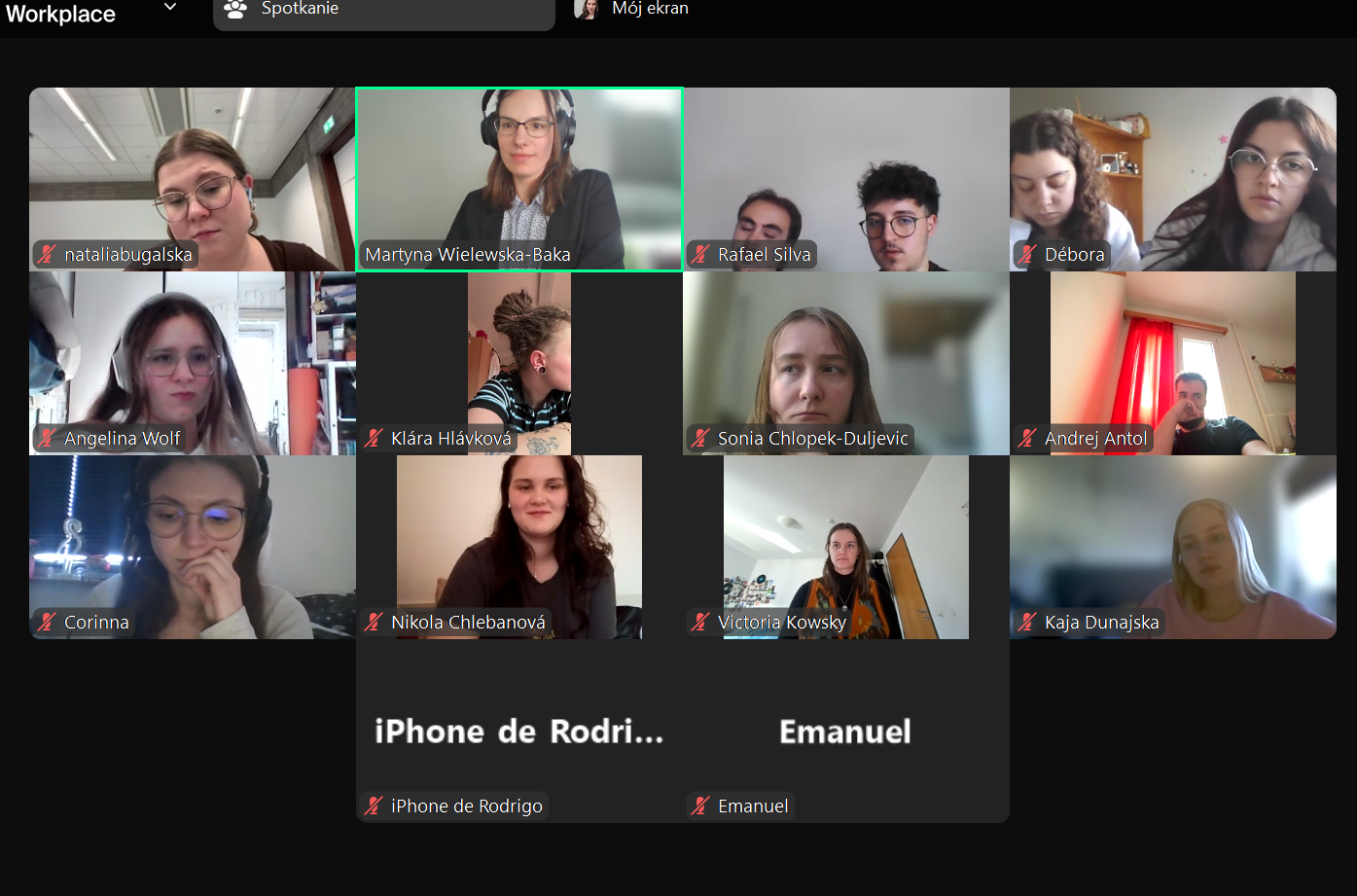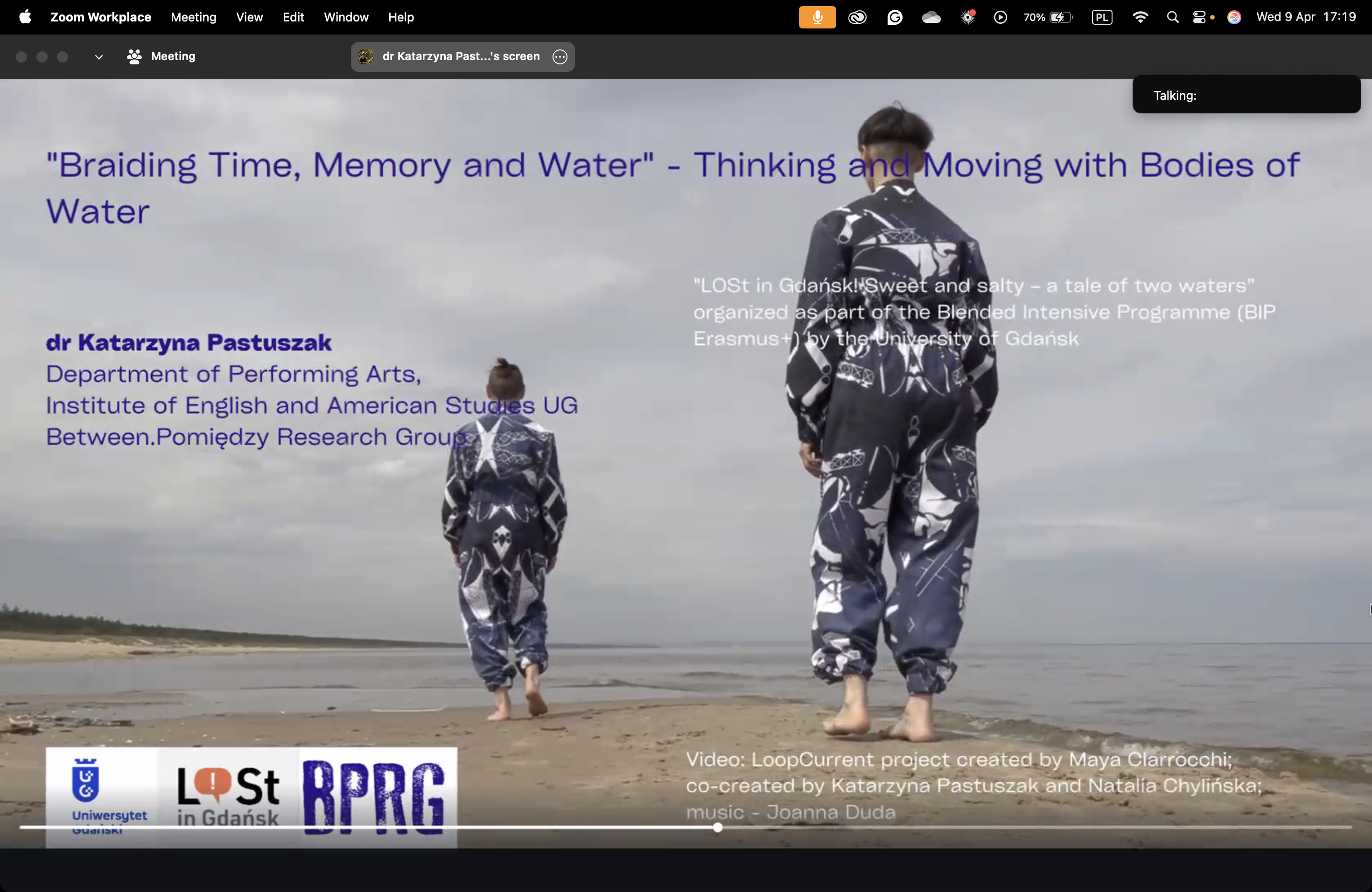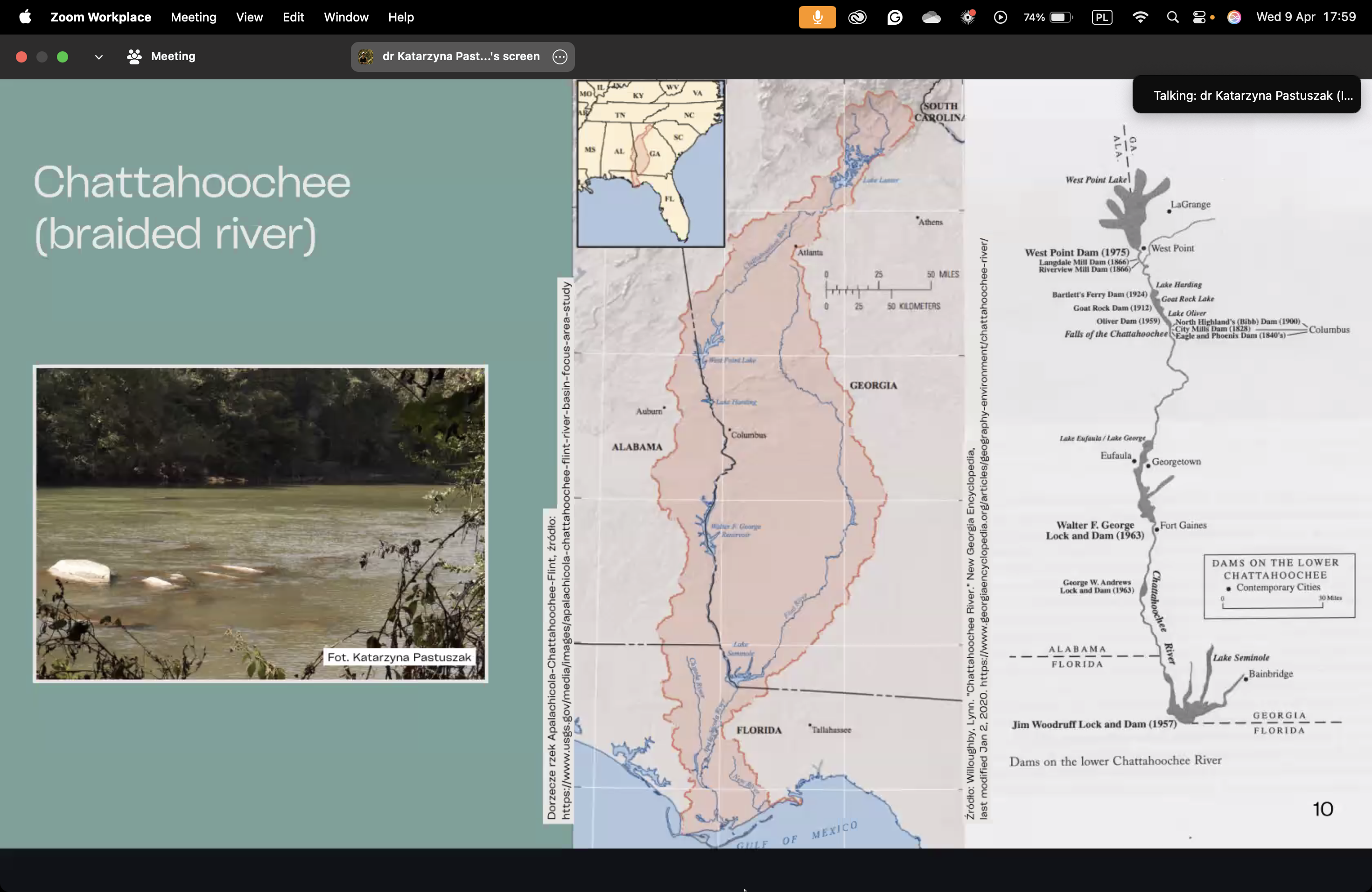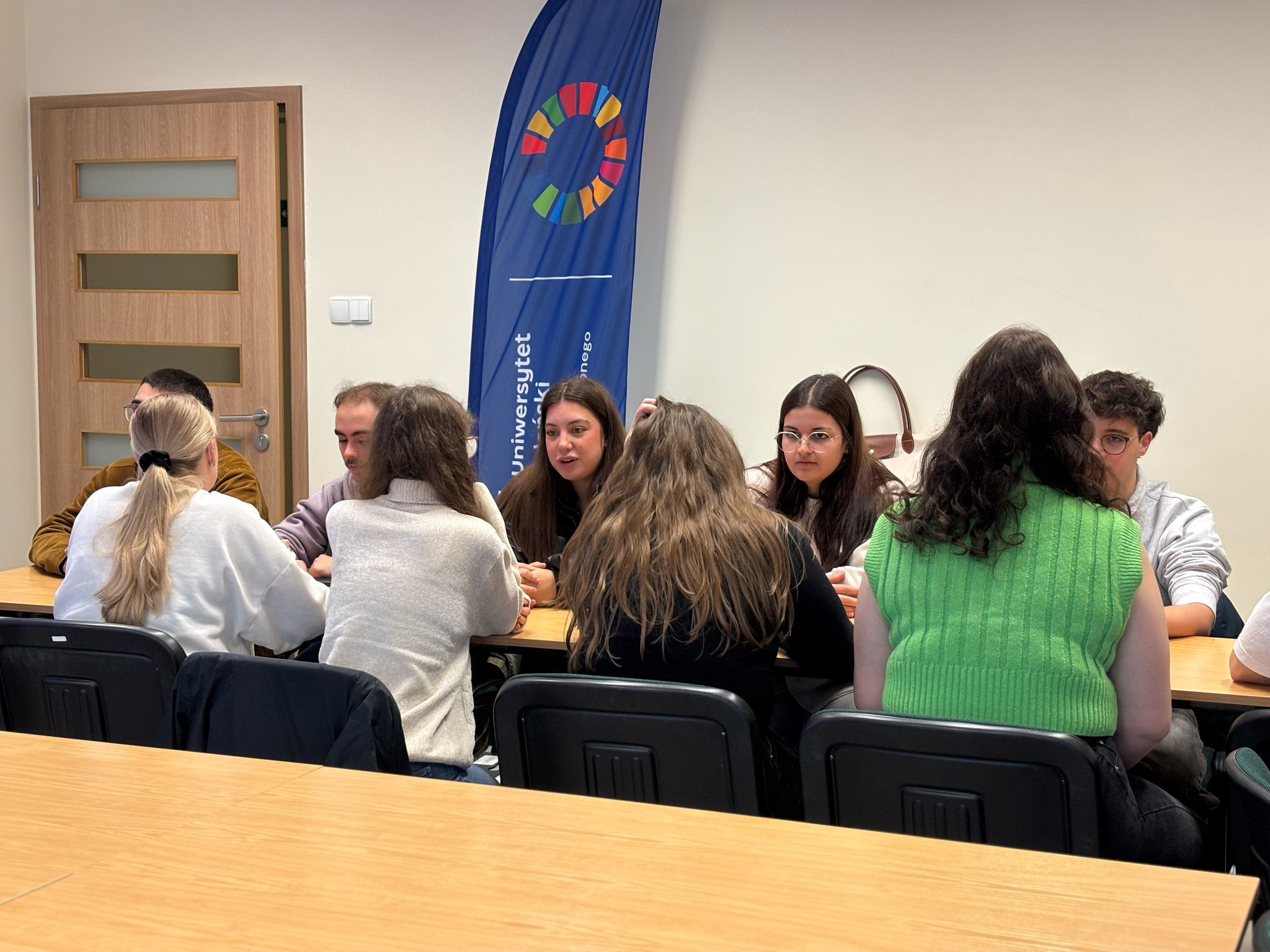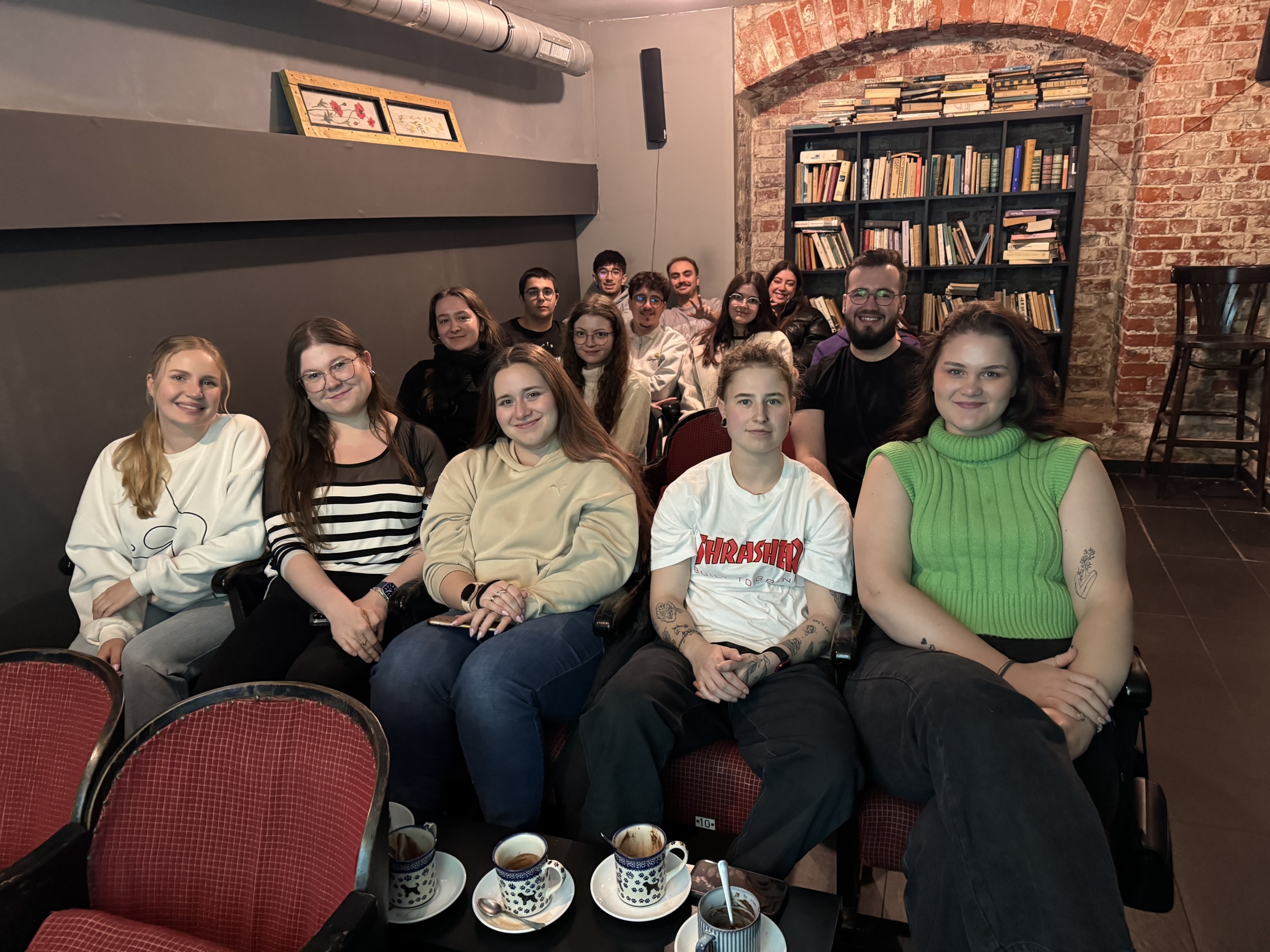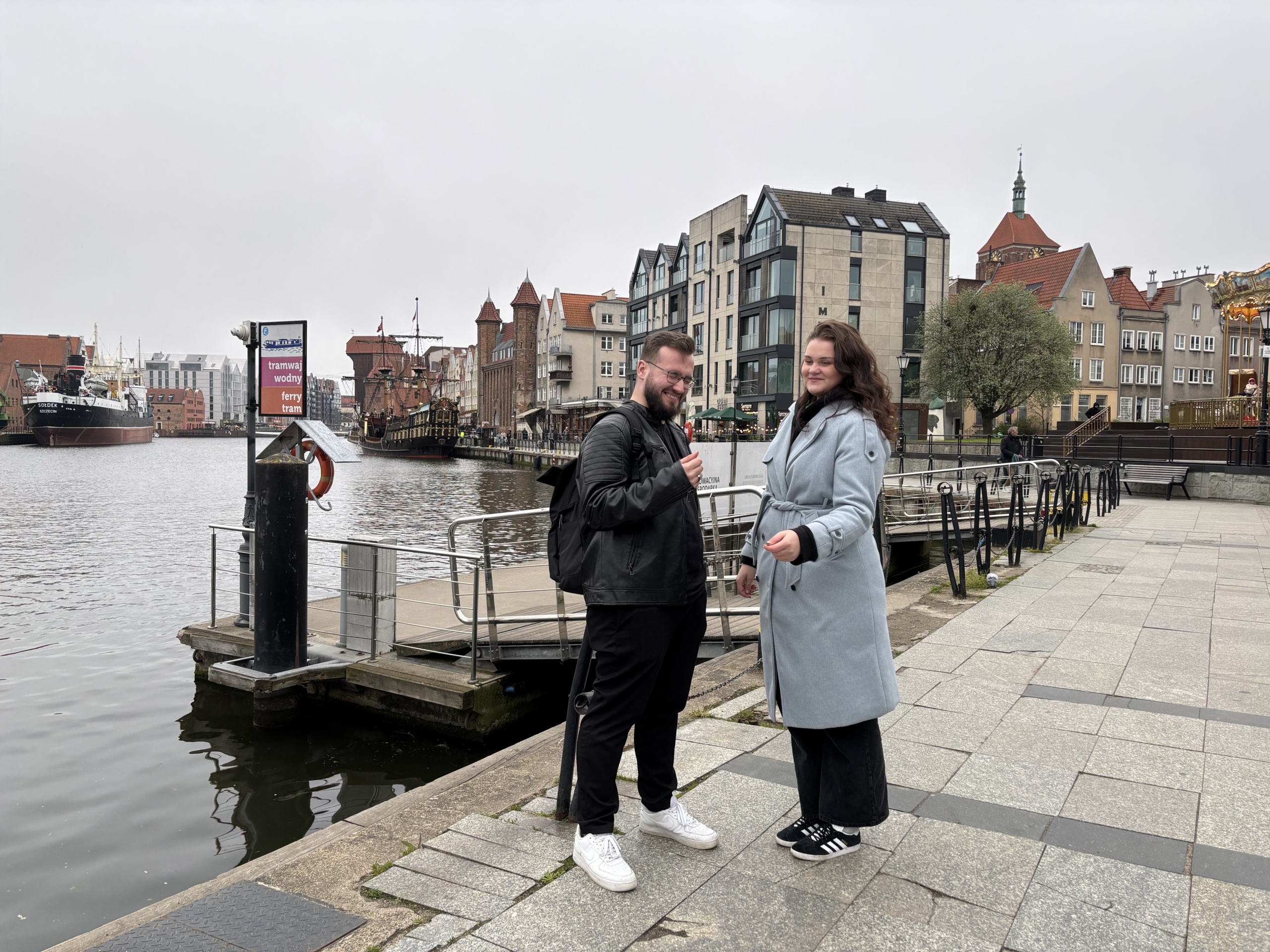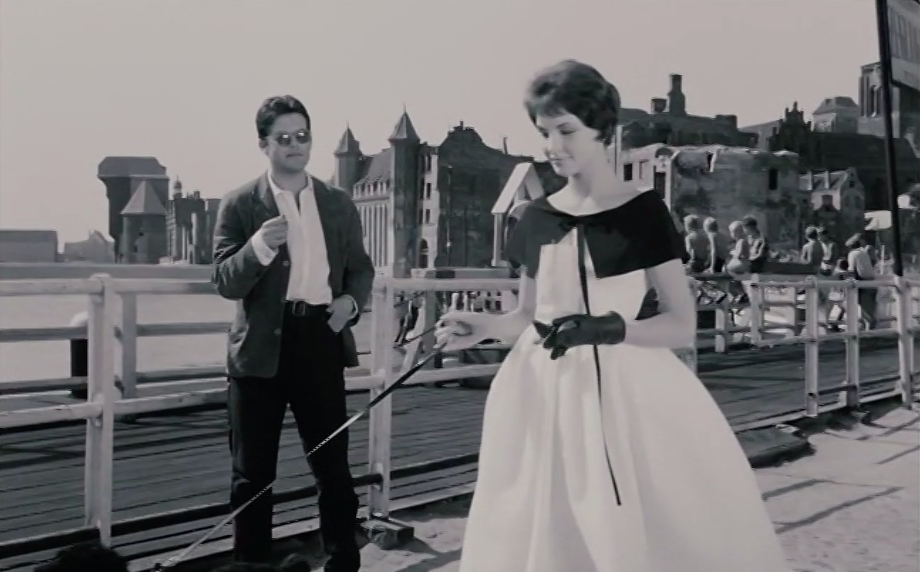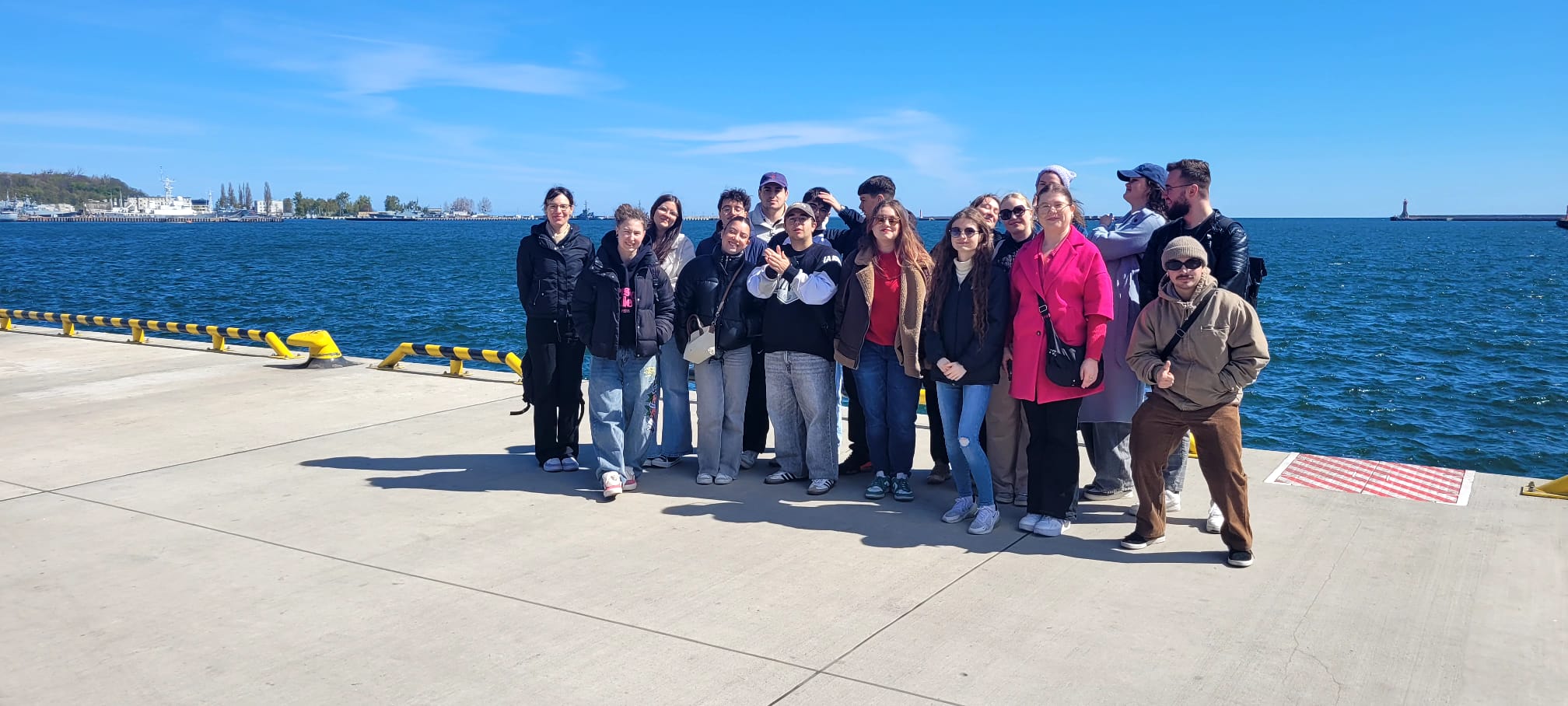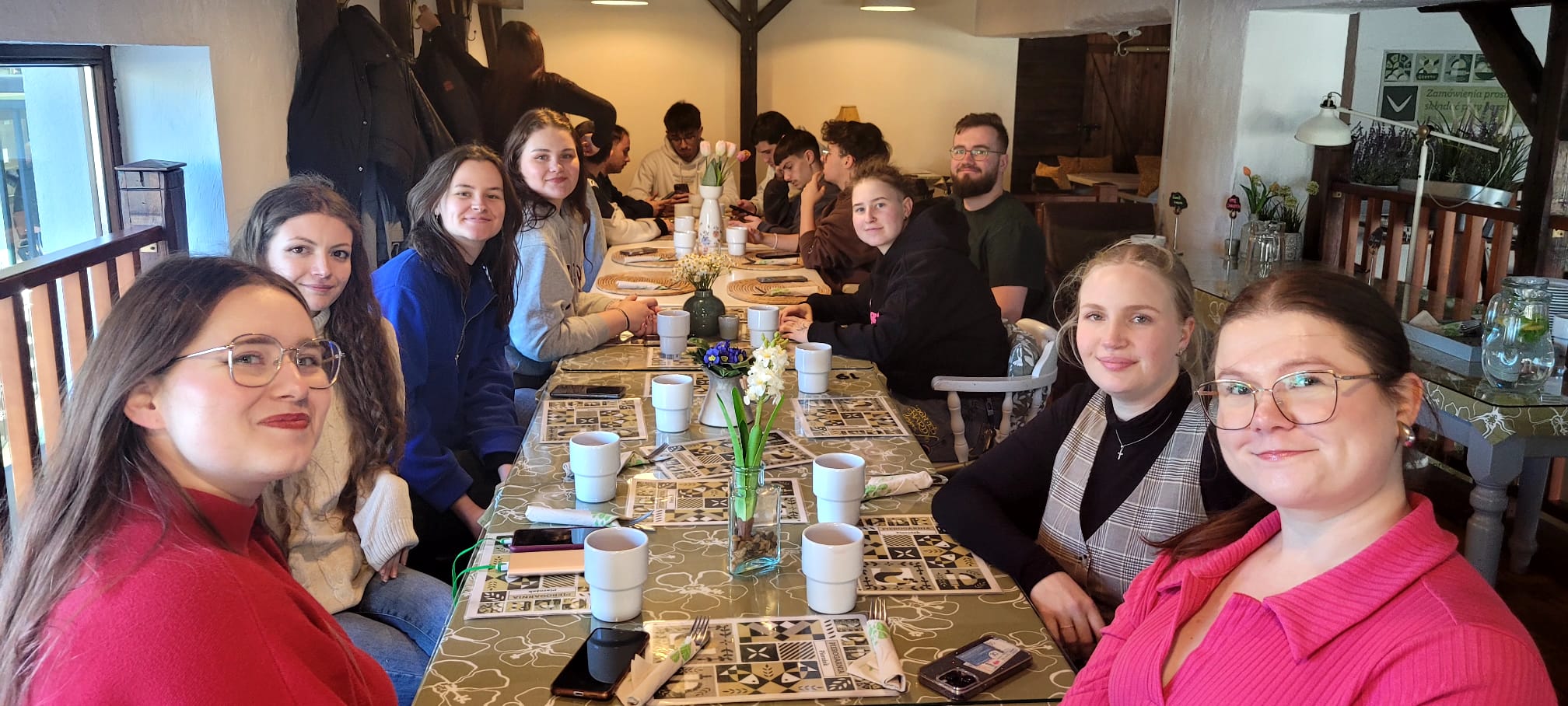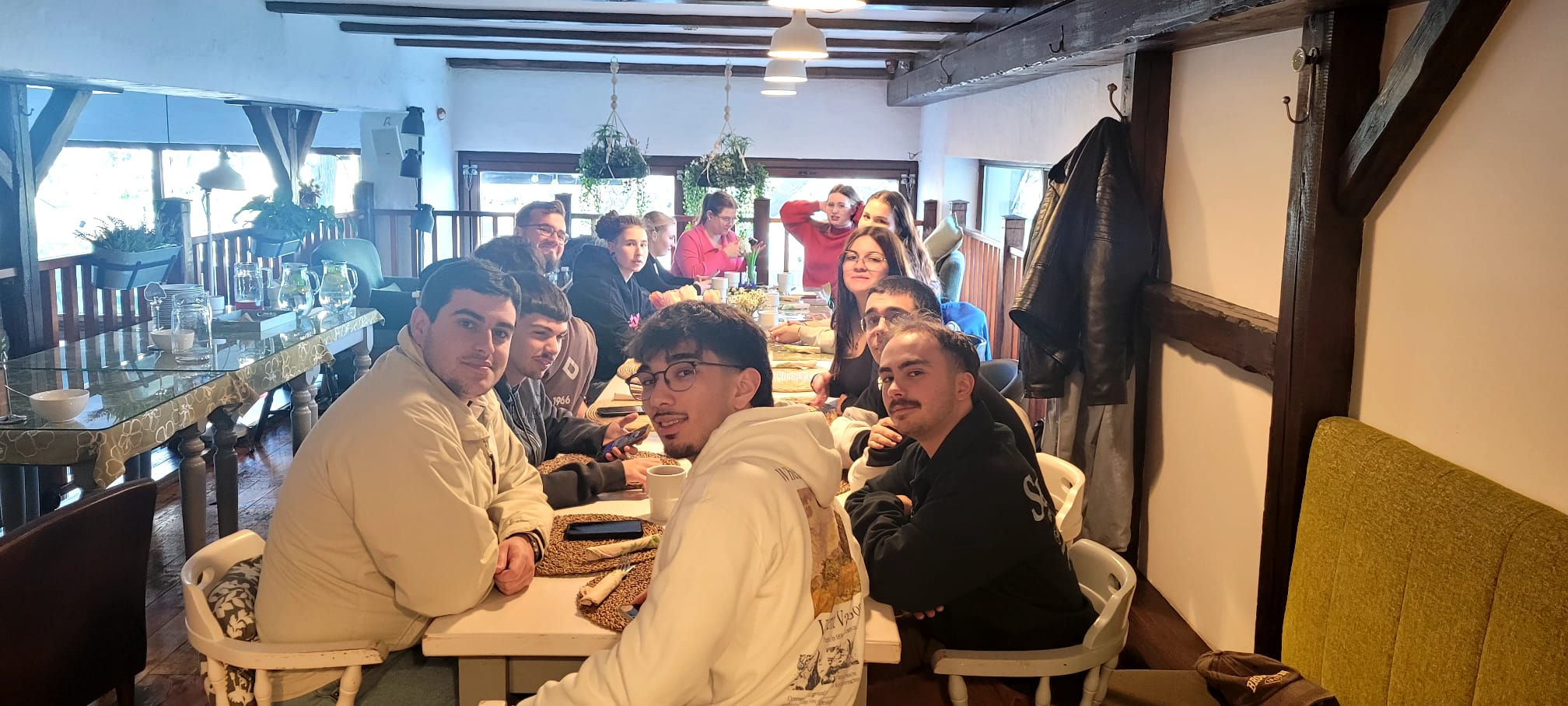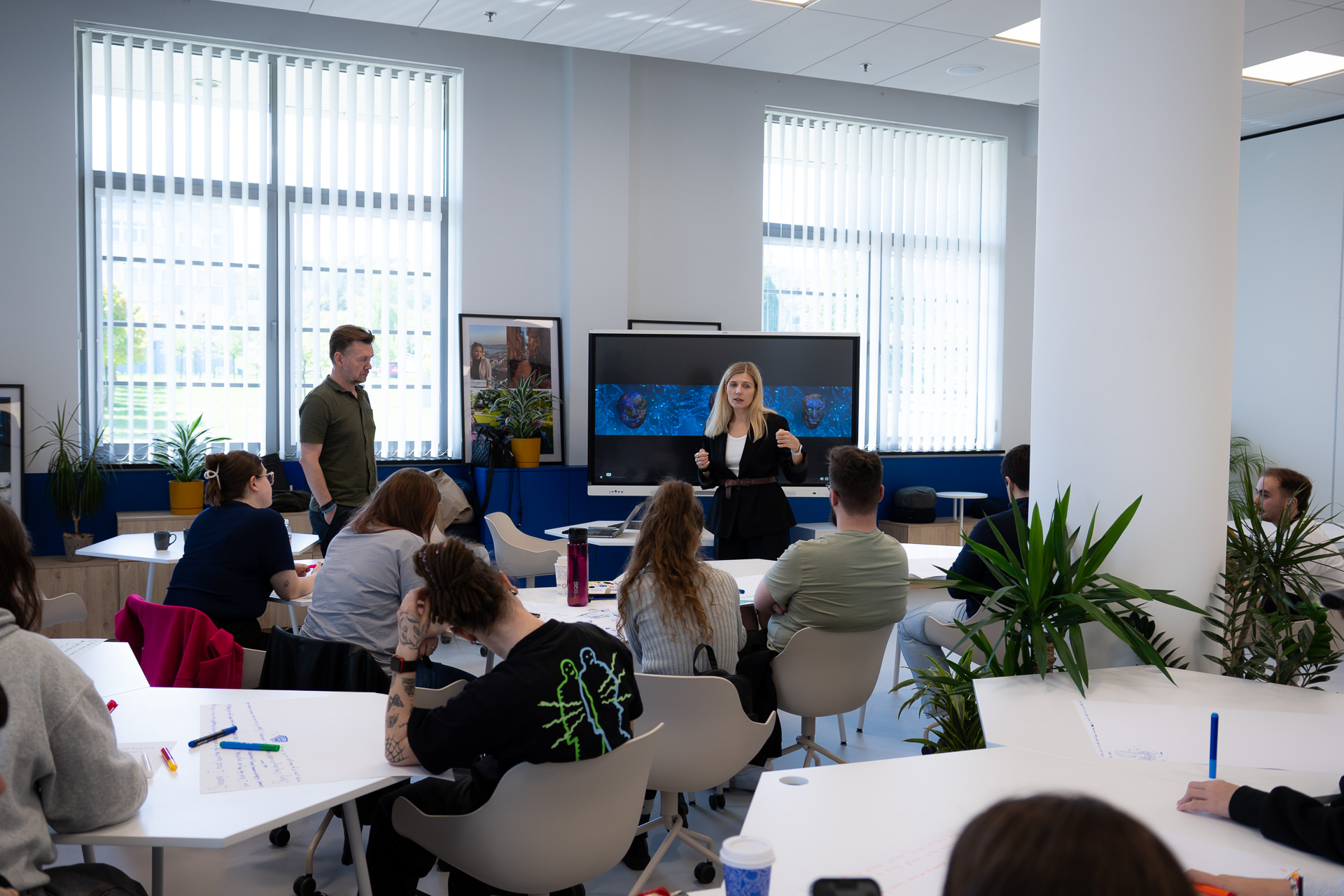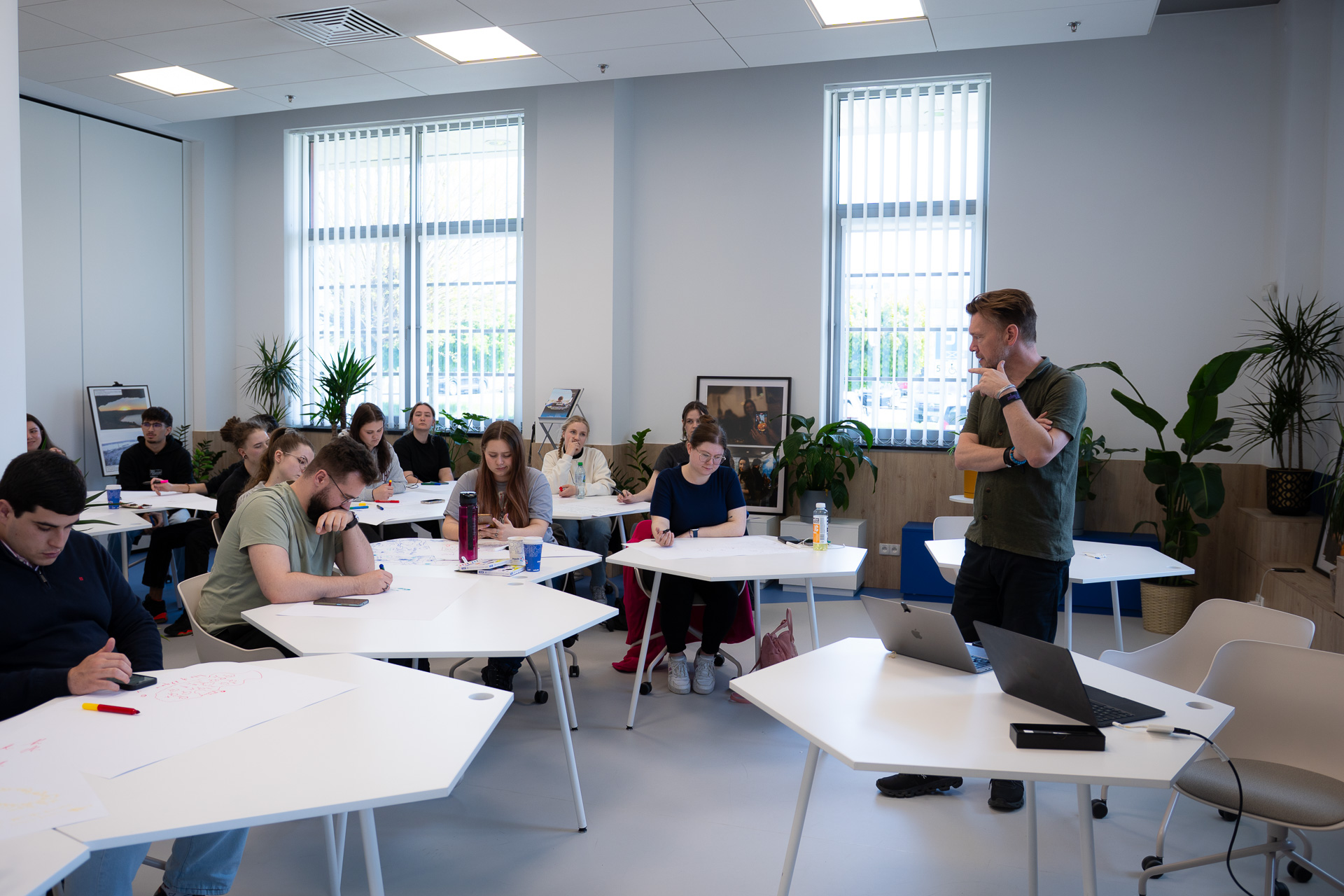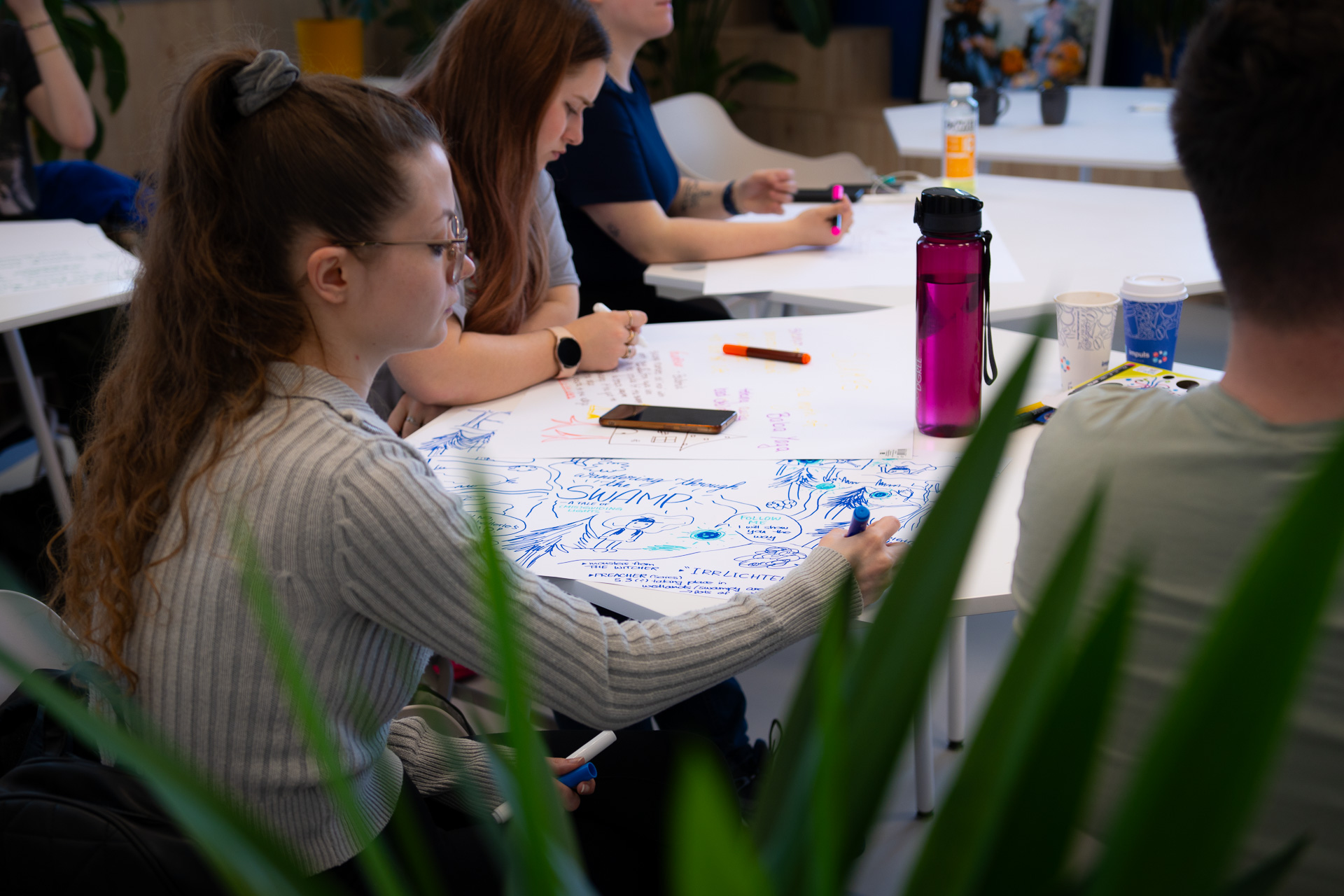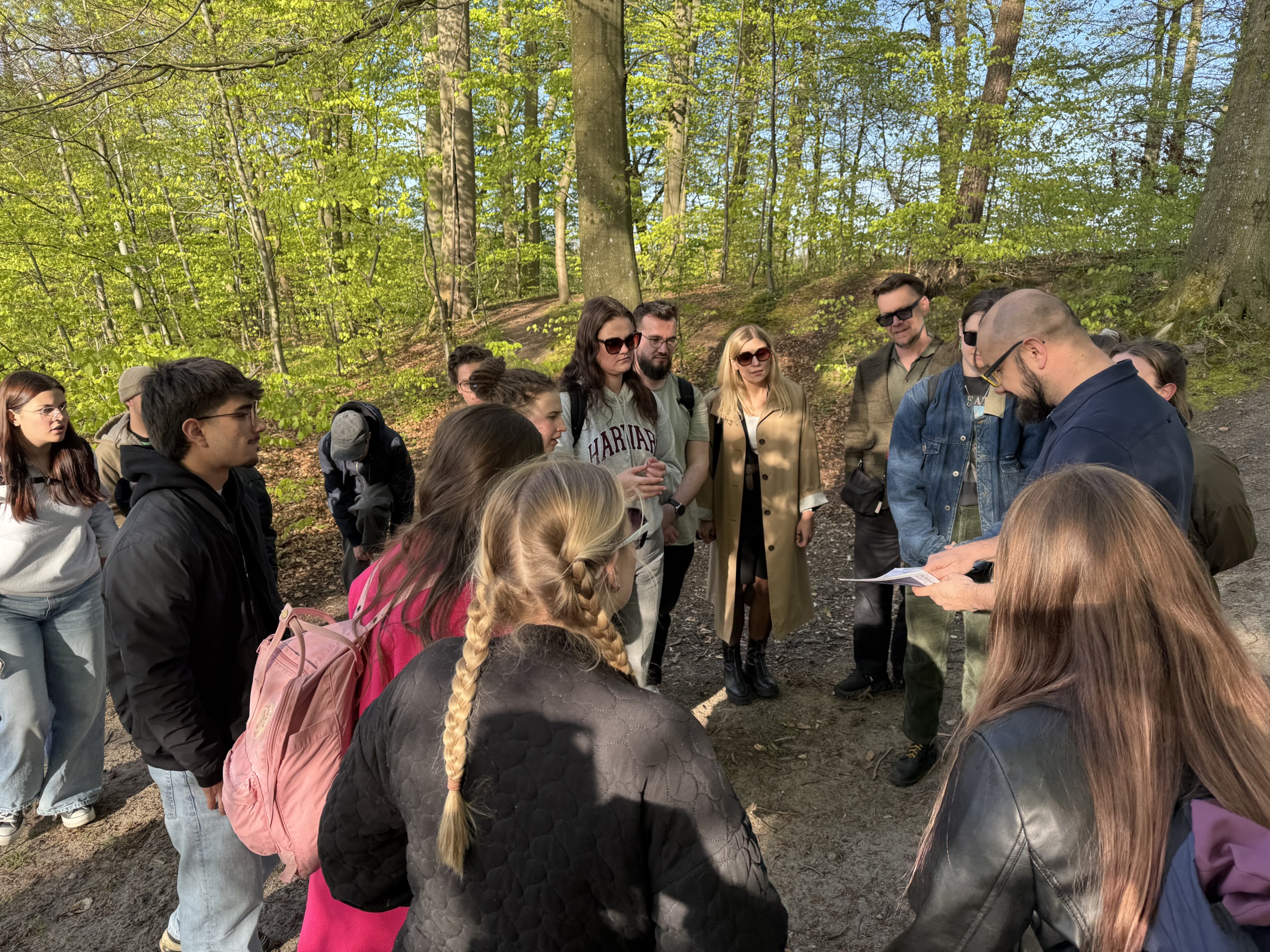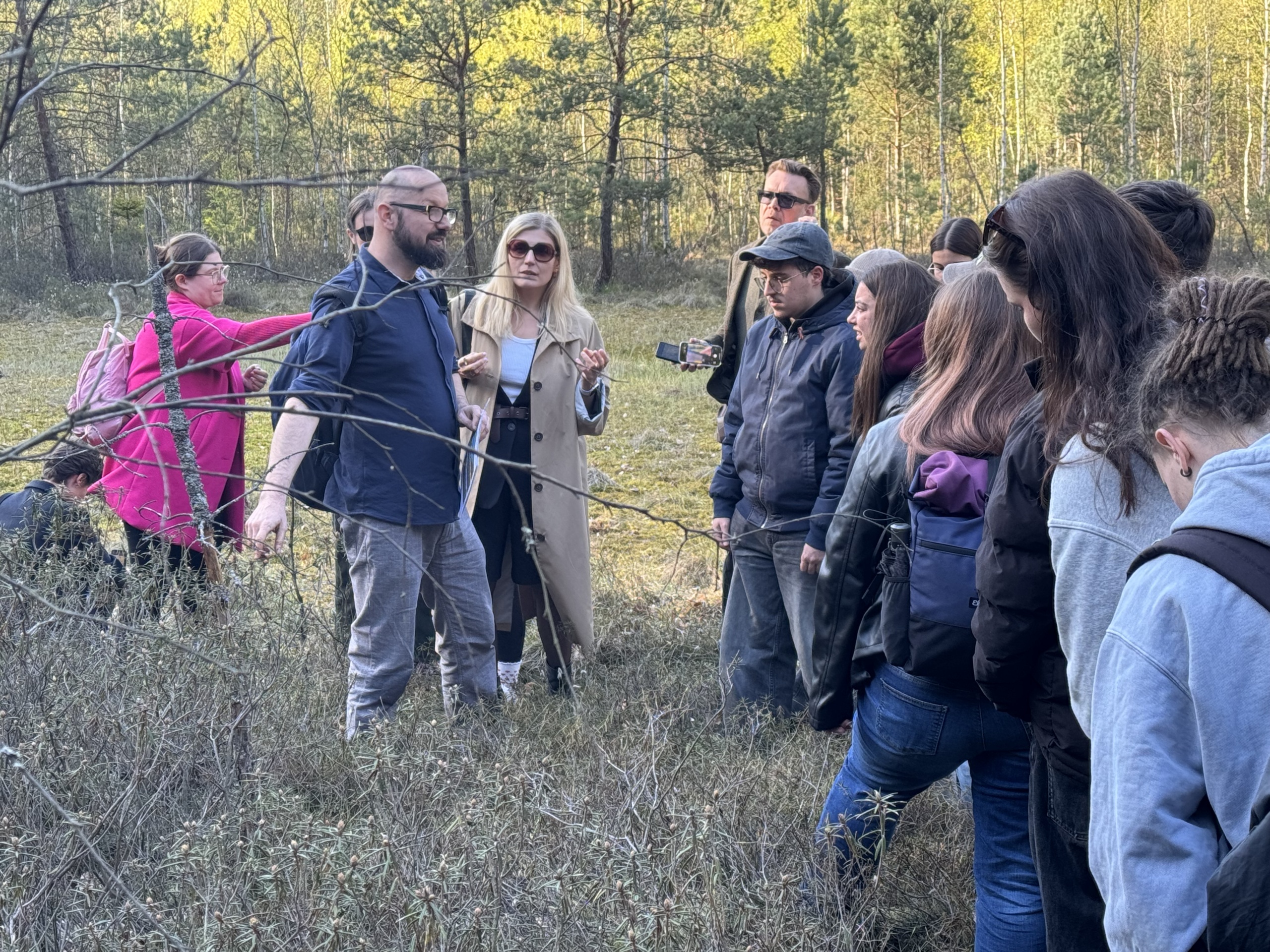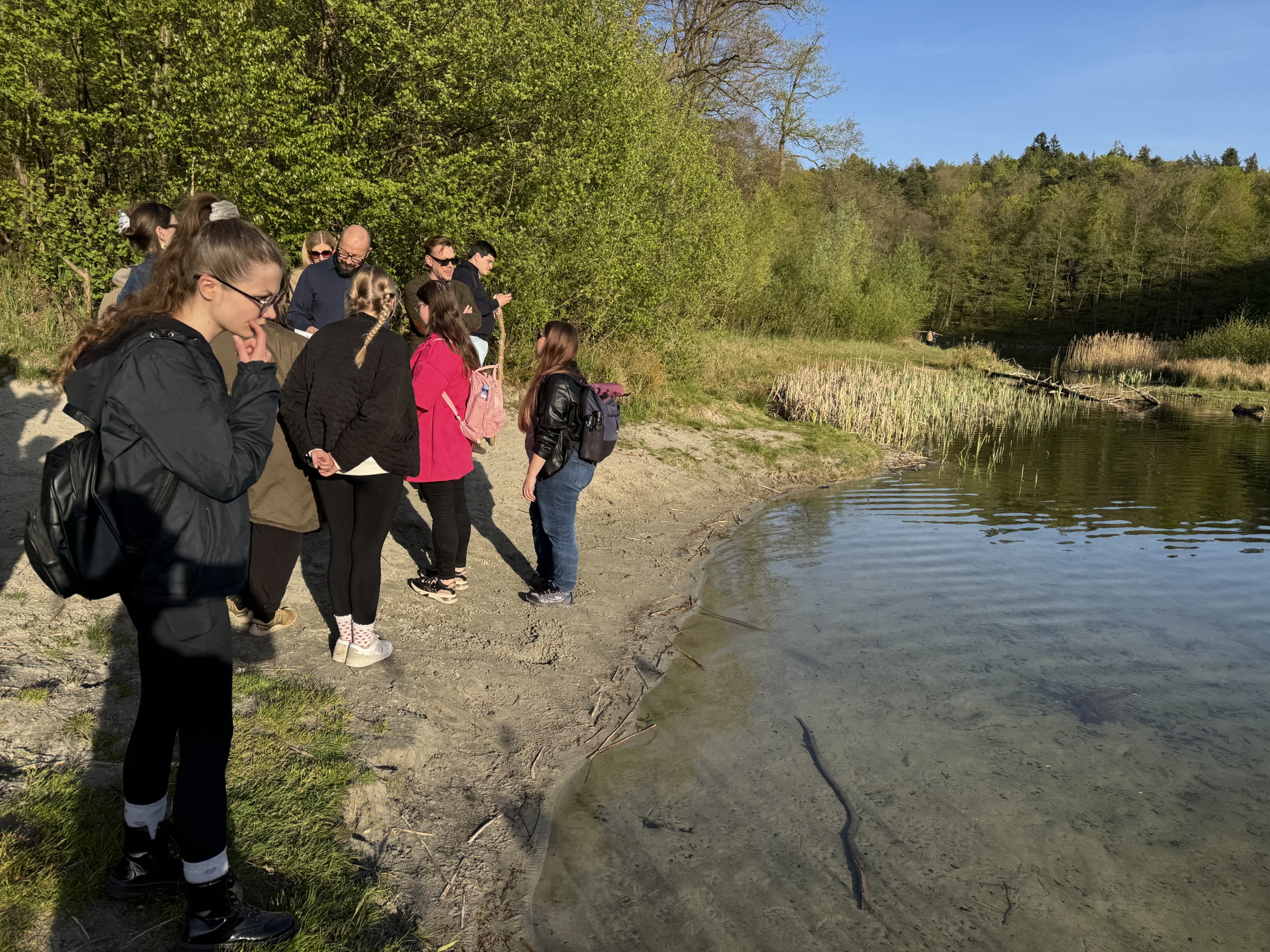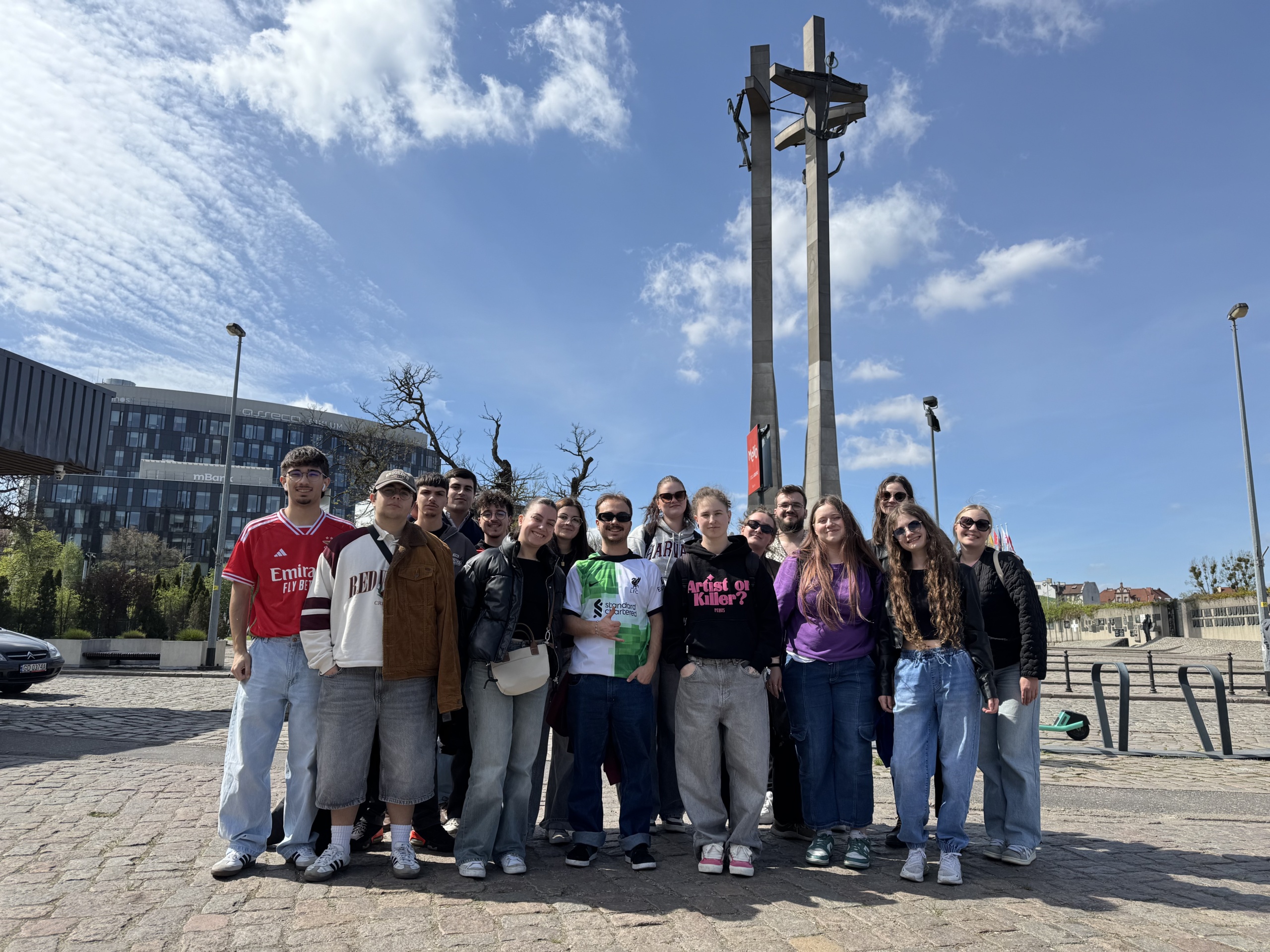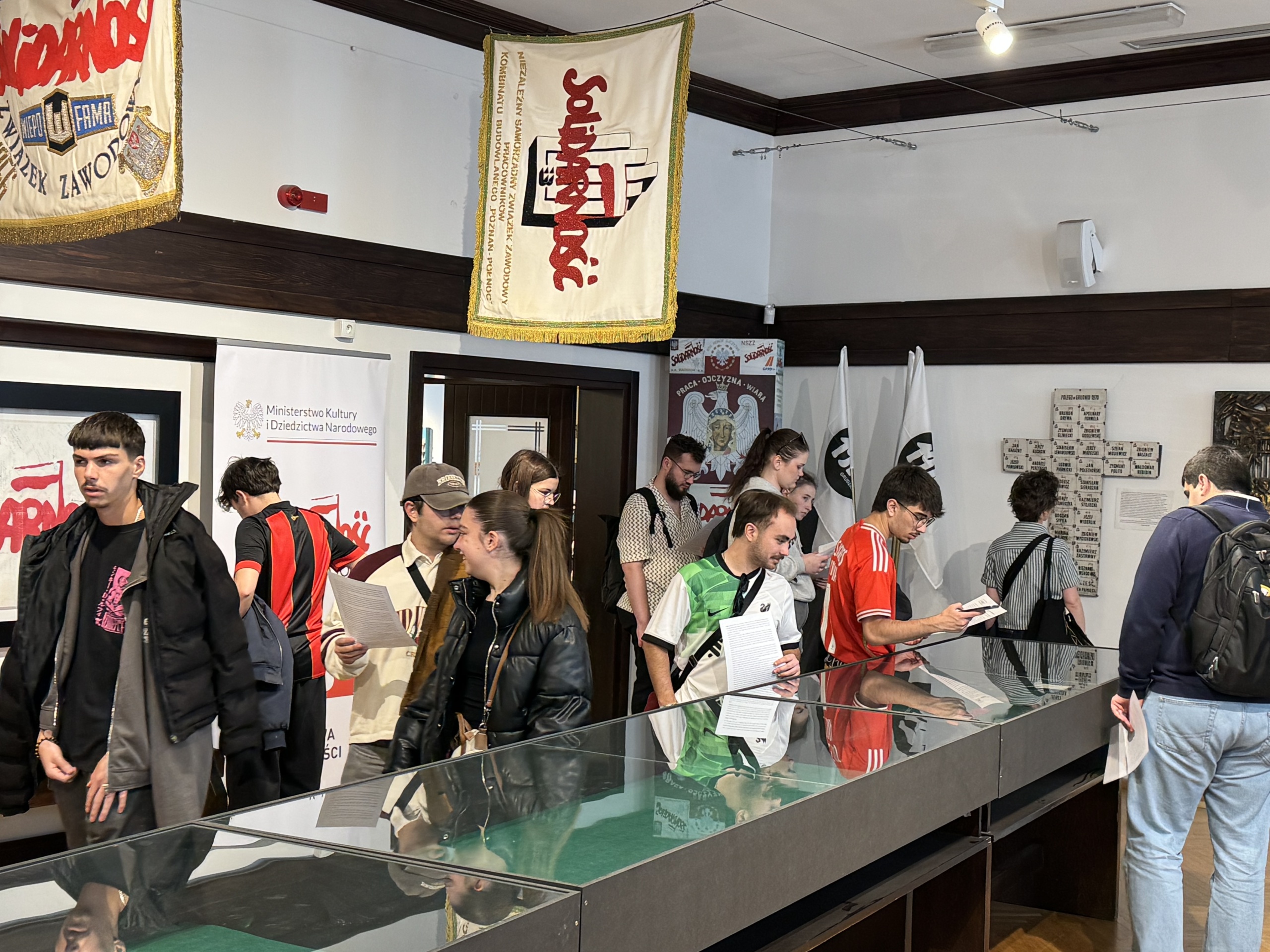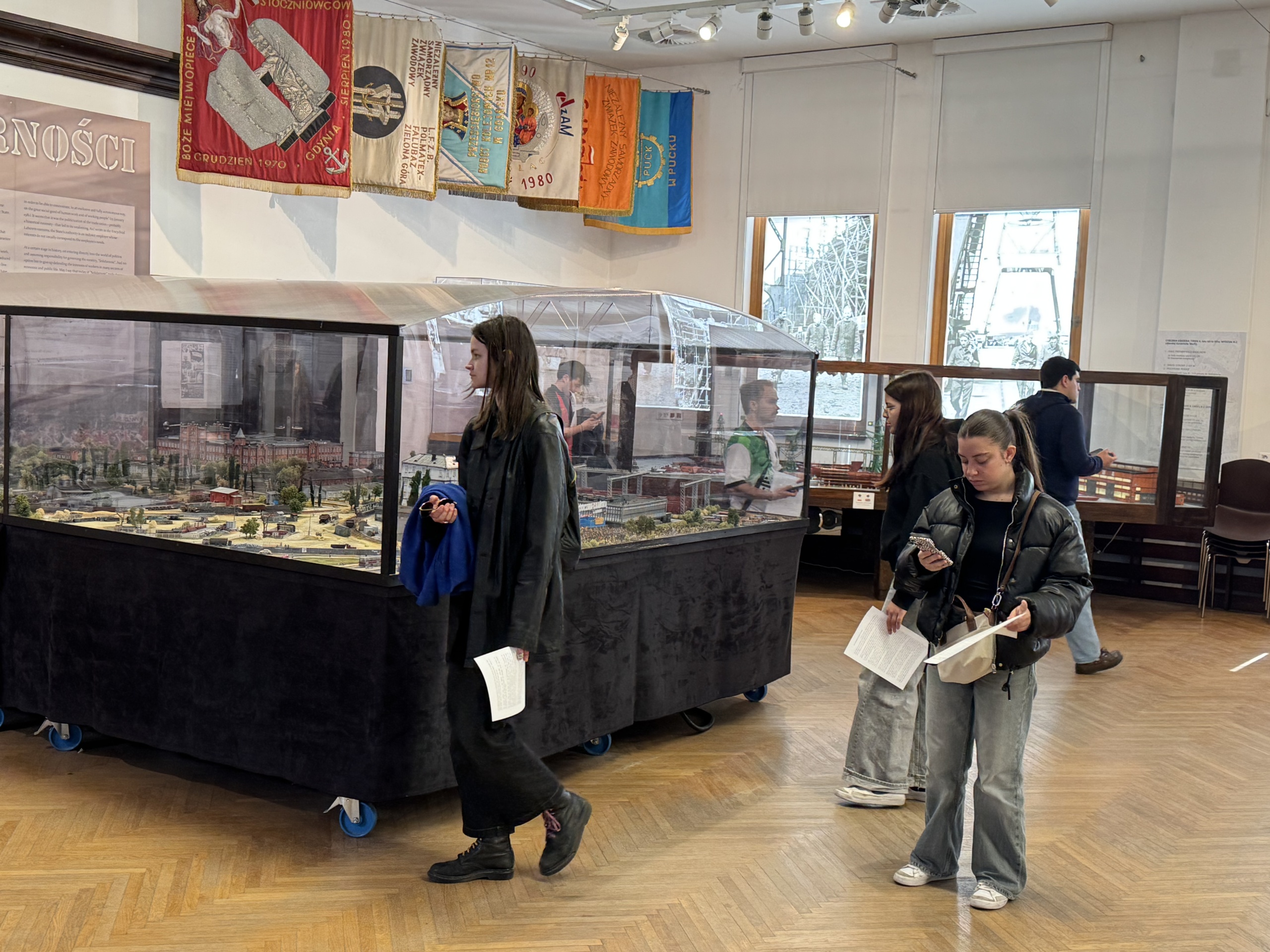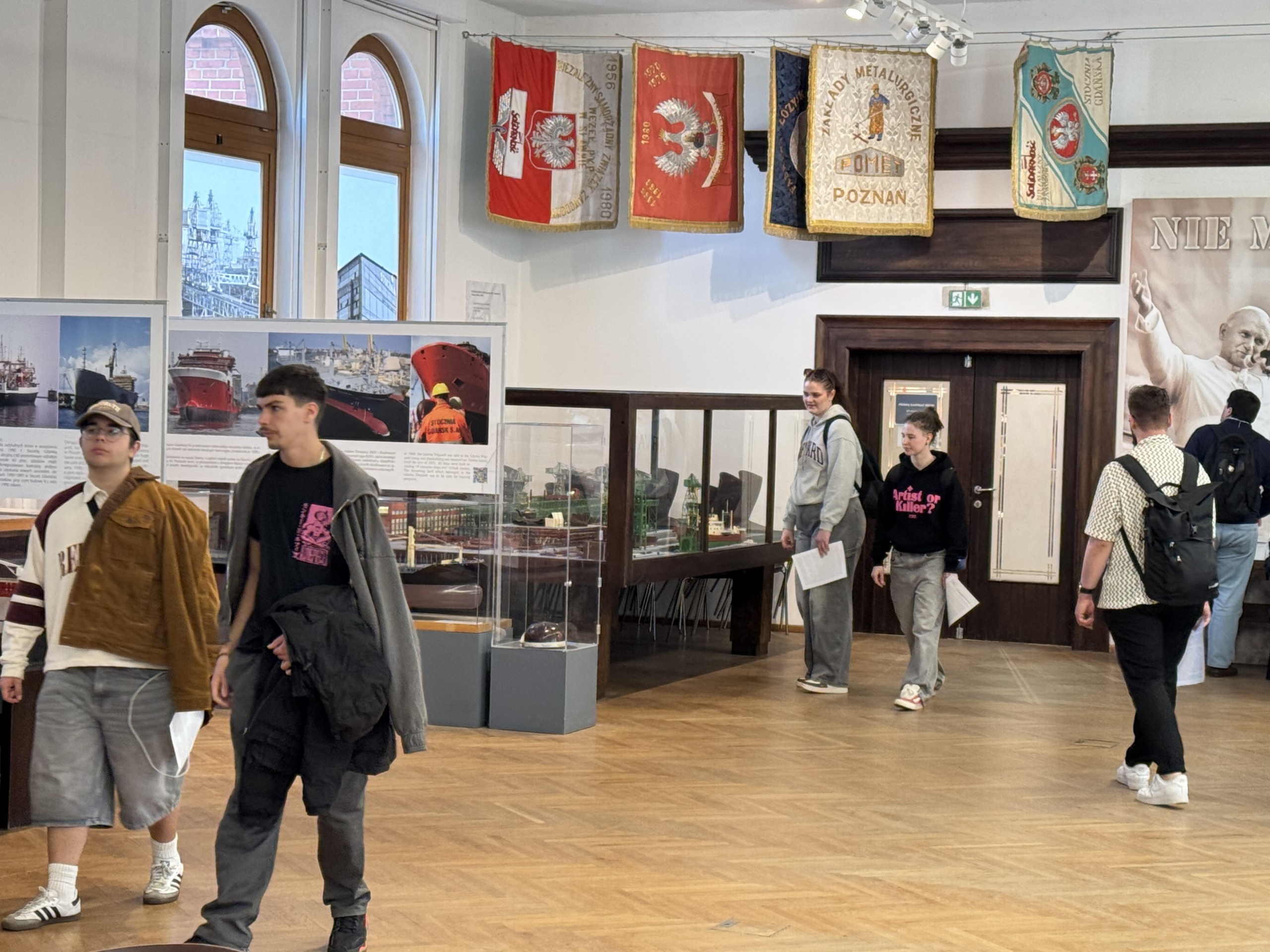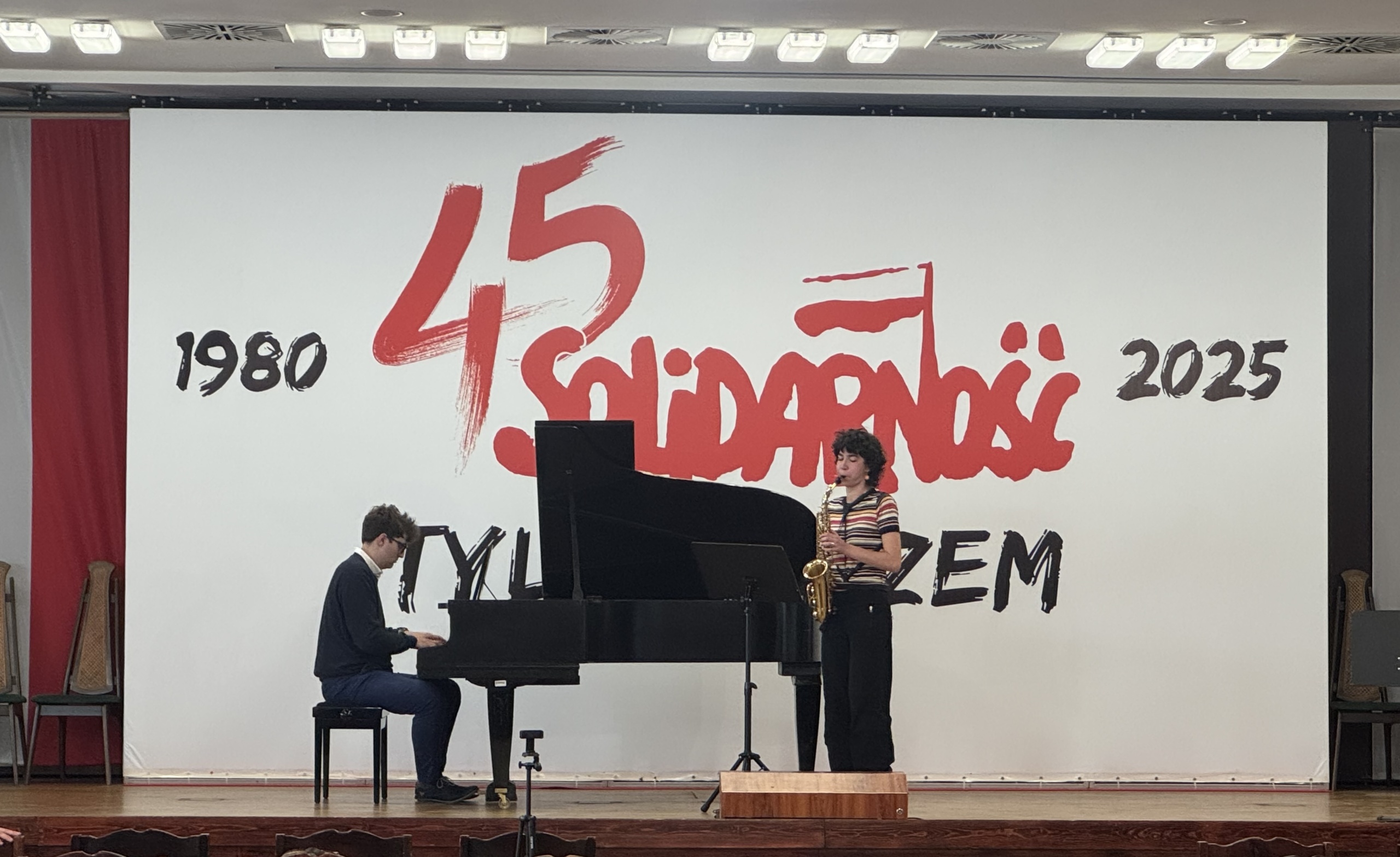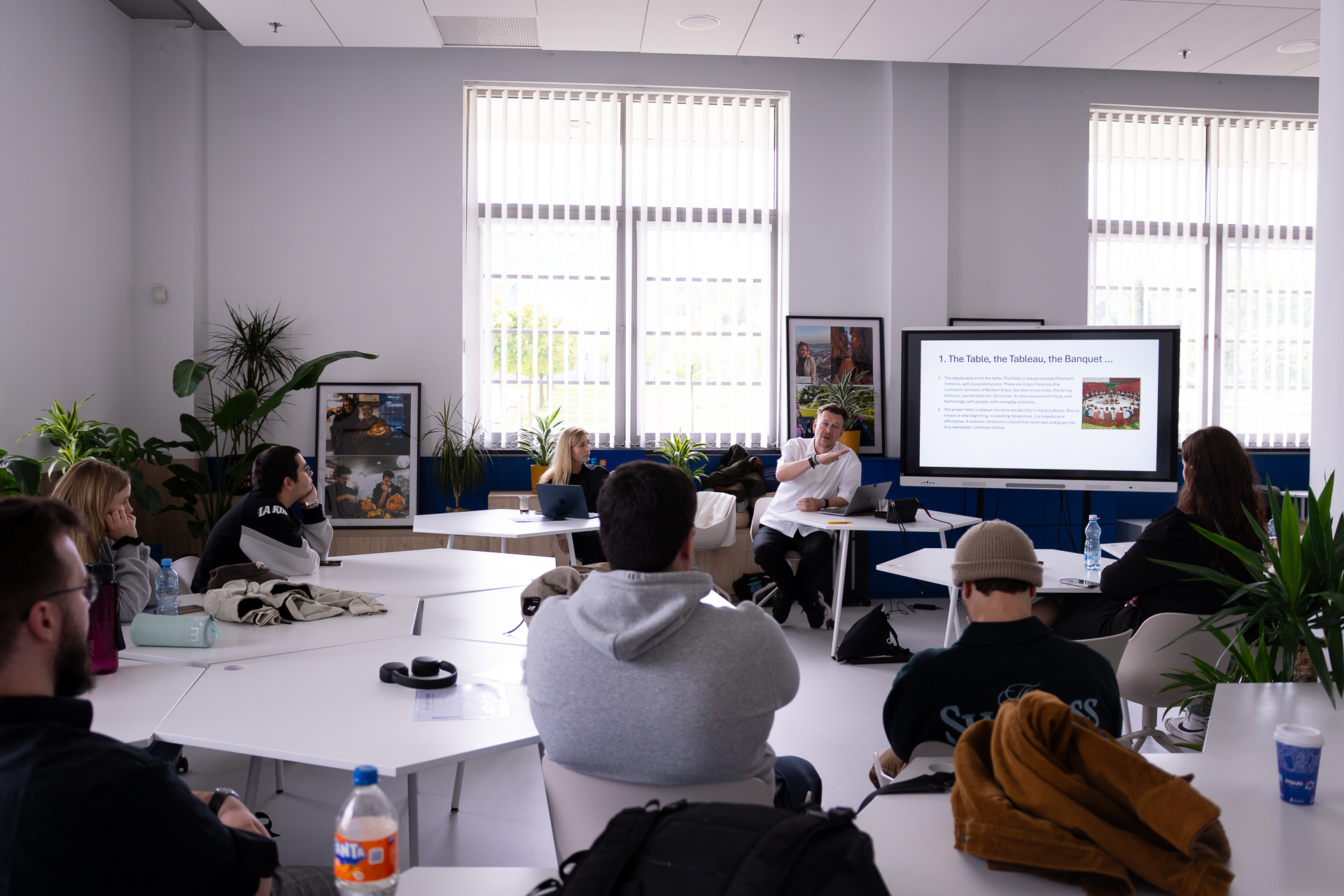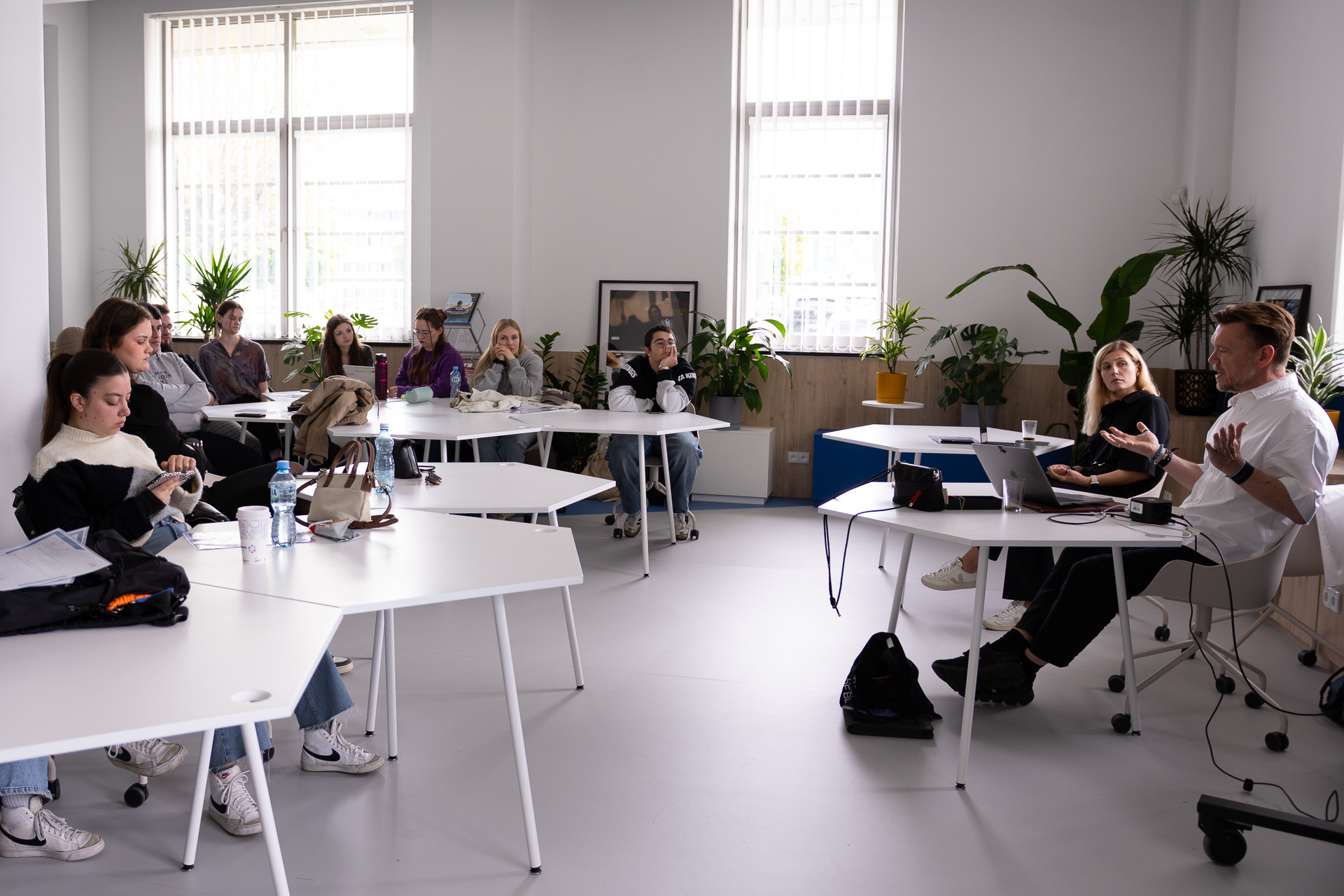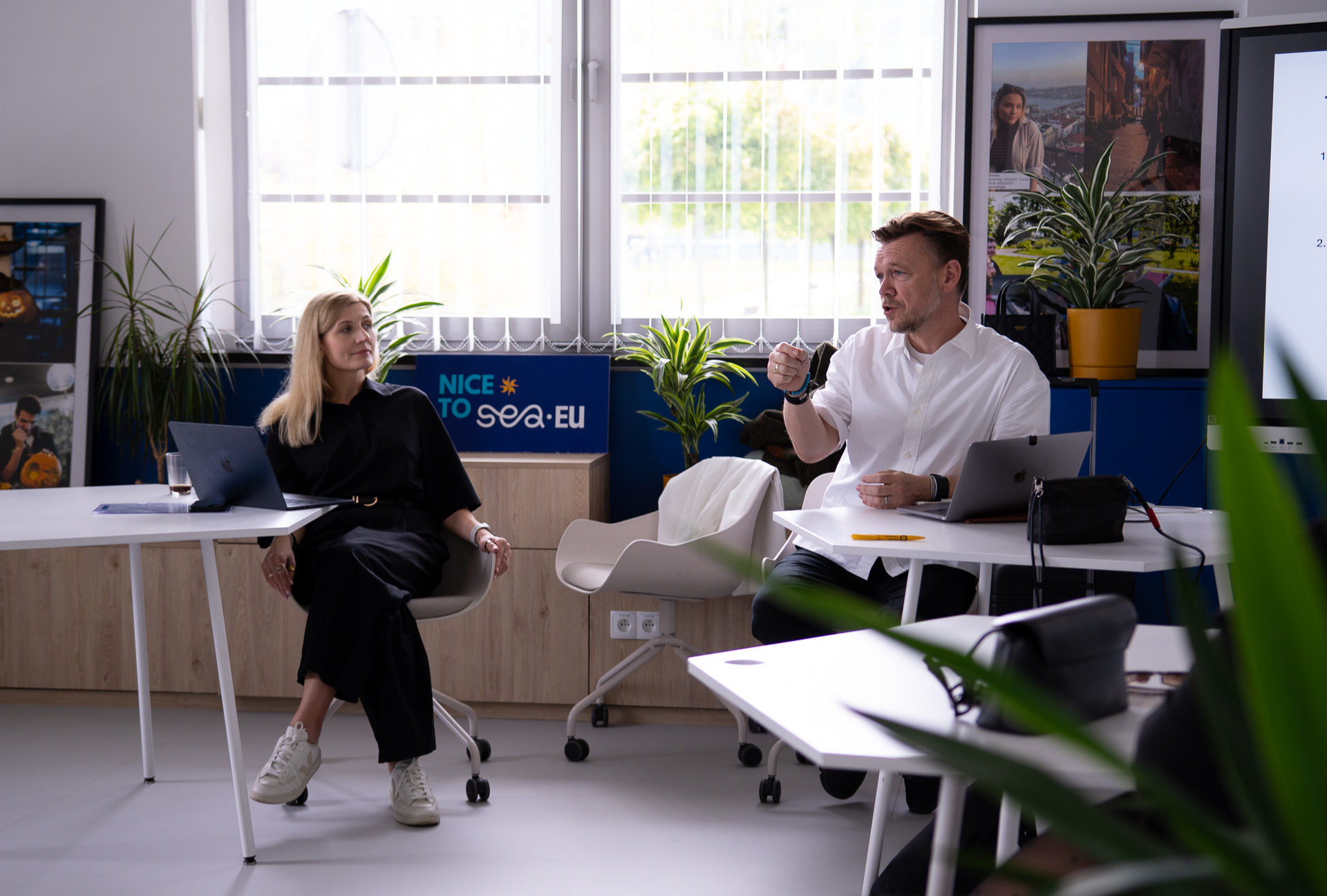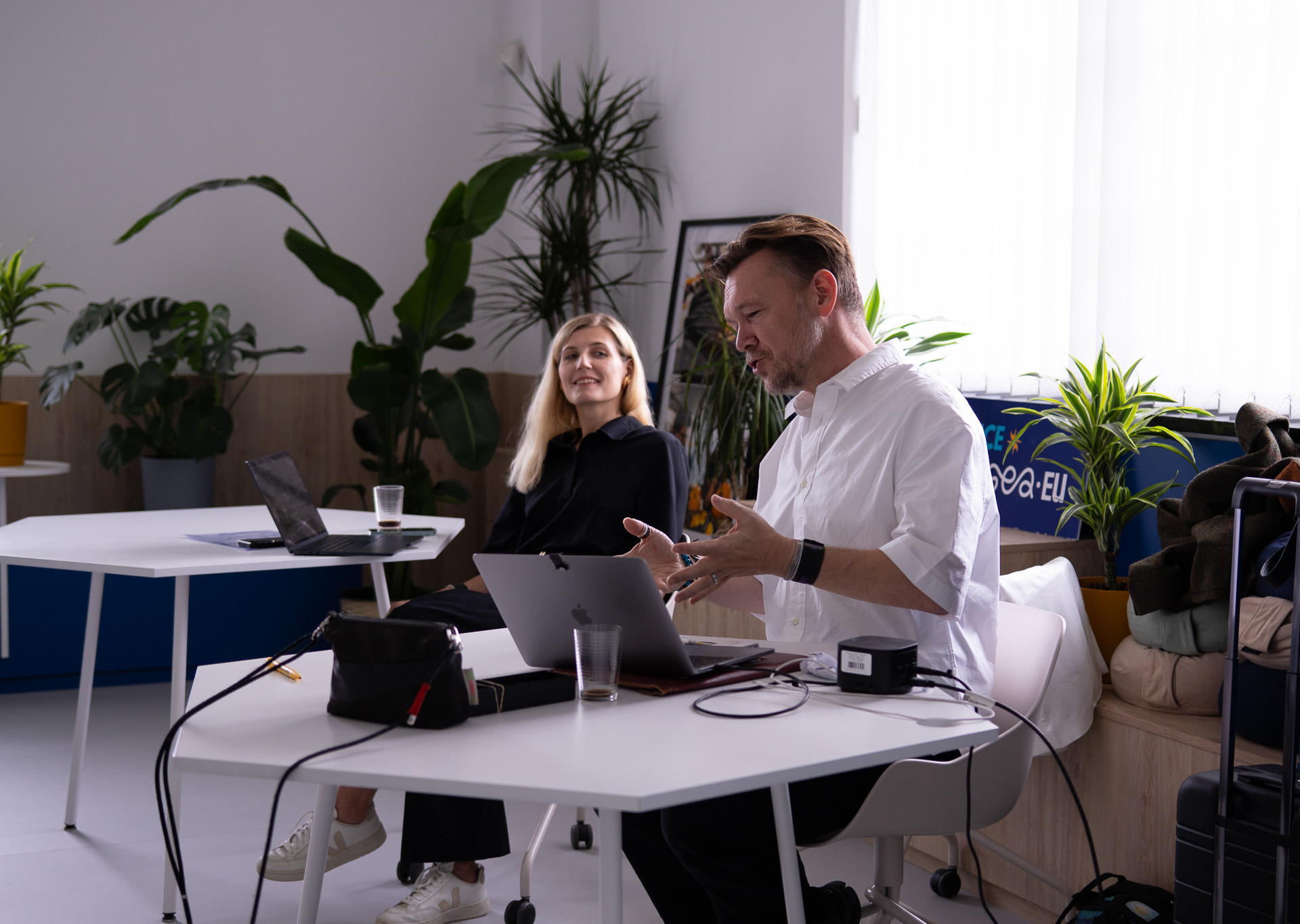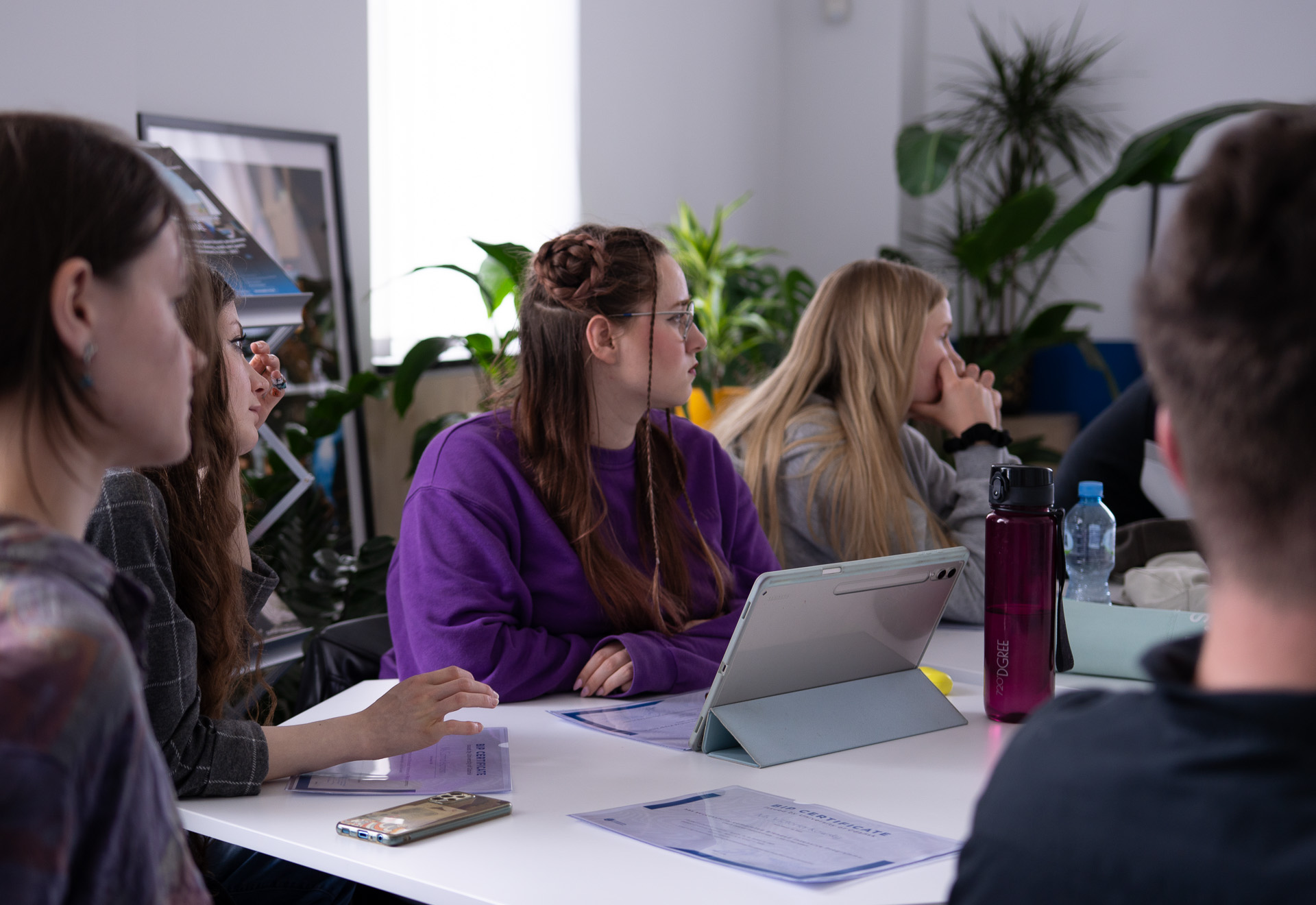LOST IN GDAŃSK! Sweet and salty – a tale of two waters
Gdańsk is over a thousand years old city with a rich history. It is here that the University of Gdańsk and the Academic Center of Polish Language and Culture for Foreigners are located, which has prepared a unique offer for you.
“LOSt in Gdańsk! Sweet and salty – a tale of two waters” is an international course organized as part of the Blended Intensive Programme (BIP Erasmus+) by the University of Gdańsk.
It includes an online course and a stay at the University of Gdańsk for teachers and students.
The course is scheduled for April 2025:
- from 7-04-2025 to 11-04-2025 in remote mode,
- from 24-04-2025 to 30-04-2025 in stationary mode in Gdańsk.
General assumptions of the program
“LOSt in Gdansk! Sweet and salty – a tale of two waters” provides an opportunity to experience the resonance between the human and the more-than-human in the local dimension, leading to a rethinking of humanism in the spirit of the more-than-human theory. The coexistence of land, sea, rivers and lakes that characterises Gdansk and Pomerania clearly demonstrates the importance of the more-than-human factor of water in all areas of life.
In line with the Blue Humanities, we will look at the symbiosis of the human and the ‘more than human’, especially in times of unrest caused by climate change, military conflicts or terrorism. We will also explore how culture responds to contemporary change, and whether it tells us what action we can take for sustainability in the broadest sense in times of uncertainty and lack of security.
The teaching will mainly take the form of practical activities in various places in the Tricity and Pomerania. Participants will have the opportunity to experience close contact with sweet, salty and brackish water: the sea, a bay, a river and a lake, which will enrich reflections on the idea of the more-than-human city and the more-than-human theory with a valuable local context. The direct exploration of the urban space will allow the participants to look at the cultural landscape of Gdansk and its connections with regional traditions, history and art.
On-line classes
This part of the program offers an insight into the field of More-than-Human studies by exploring its contemporary relevance and equipping participants with the necessary tools to integrate these concepts within their own academic, literary, and creative endeavours. In the current era, students from diverse faculties are increasingly engaged with ecological concerns. A significant number of students express great interest in the relevant theoretical frameworks of ecology and actively participate in discussions on related topics with their peers and faculty members. Therefore, a key strength of our program is its practical nature, including transdisciplinary research projects. This part of the course is dedicated to the issues of literature, philosophy, art, nature, movement, dance, Kashubian culture.
Stationary classes in Gdańsk
The programme will place particular emphasis on presenting Polish culture from the perspective of Gdańsk and Pomerania. The classes will increase the intercultural competences of the participants and strengthen the interest in Polish culture among foreigners. The planned classes will also present the local culture from a global perspective, which will contribute to a better understanding of the cultural specificity of the Pomeranian region. By adopting a point of view that goes beyond the human perspective, we have the privilege of studying nature and culture and discovering how new forms of solidarity can be implemented with their participation. This contemporary practice is inspired by the ecological crises that are so often reported in the media today. Our goal is not to invent solutions, but to build resilience, take responsibility for our and future generations, and reflect, together with the student community, on how we can introduce positive changes in the dynamic world around us. We will read texts and go on numerous trips around the area. At the end, we will encourage participants to create a short film (with commentary) integrating theory with the creative explorations they have experienced during the week.
Video report
On-line classes
At the beginning of April, participants of the Blended Intensive Programme (BIP Erasmus+) “LOSt in Gdańsk! Sweet and salty – a tale of two waters” had the opportunity to participate in online classes for a whole week. The issues raised during the meetings, although diverse and referring to various areas of life and discourses, were combined into a coherent story about the well-being of a person living at the intersection of culture and nature, a story about the human condition in a world of ecological crises and civilization challenges.
Together with Martyna Wielewska-Baka, students wondered whether poetry is a sufficient answer to the question of what can help us regain balance in turbulent times. The point of reference was the traces of Buddhist philosophy in the poems of the Polish Nobel Prize winner Czesław Miłosz.
Katarzyna Pastuszak encouraged students to turn to dance, meditation and experiencing the body (which consists mostly of water) to see if we can reconnect with water bodies through performances and somatic practices. The course participants tried to answer the question of whether modern man is able to establish a bond with a more-than-Human reality.
The relationship between man and water was also the subject of Irena Chawrilska’s classes. Water landscapes present in art were an inspiration for a discussion on the position of man in the relationship with the aquatic environment and nature.
In his reflections on the place that man occupies in the relationship with the Earth, Rick Dolpijn turned to geophilosophy, the fundamental idea of which is that the place in which we live, the physical framework of our territory, translates into our spiritual perception of the world and understanding of our position in it.
Sonia Czaplewska spoke about the relationship between man and nature in a different way, raising the topic of Pomeranian and Kashubian cuisine in her classes. The culture of this region, also in the aspect of food and culinary traditions, is very clearly connected with its geographical conditions. Traditional Kashubian cuisine proves that the proximity of the sea in particular has had a great influence on the lifestyle of the inhabitants of this area of Poland.
Stationary classes
Welcome to Gdańsk!
We have started the Erasmus Blended Intensive Programme “LOSt in Gdańsk! Sweet and salty – a tale of two waters”. On the first day we had the opportunity to welcome students from Germany, Portugal and Slovakia to the University of Gdańsk. The program participants had the opportunity to get to know not only each other, but also the city where they would spend the next week.
The main theme of the programme is the relationship between man and water, the relationship between man and nature in the context of climate change and sustainable development. We also wanted to tell, using the example of Gdańsk, about the influence of nature – in our case the sea – on culture, on the development of the city and its inhabitants, on their lifestyle, on architecture and urban planning.
That is why we visited the film café W Starym Kadrze, where students watched the film “Do widzenia, do jutra”, set in the Tri-City in the sixties. After the film, the participants of the program learned about the topography of Gdańsk, following in the footsteps of the film characters. In the topography of the city – the layout of streets, the character of buildings, and also in art, it is clearly visible how much the Baltic Sea and the Motława River have determined the shape and character of this seaside city.
Emigration Museum in Gdynia
On the second day of the program, the students, together with Martyna Wielewska-Baka, went to Gdynia, to the Emigration Museum. They visited the exhibition, trying to answer the question of what role the sea played in the history of Polish emigration to other countries, what were the main reasons for Polish emigration over the years, and how the perception of emigration changed in different historical periods. After visiting the museum, the programme participants ate traditional pierogi in one of Gdynia’s restaurants.
Thinking Swamplife
On Monday, our Erasmus Blended Intensive Programme “LOSt in Gdańsk! Sweet and salty – a tale of two waters”, offered students from a variety of European countries, a workshop entitled “Thinking Swamplife. Mapping monstrosities in the making” led by Rick Dolphijn and Irena Chawrilska. Reading the uncanny histories of swamps in literature, mythology, but also in biology, the aim was to see how our contemporary times (haunted by ecological crises) demand us to see these important breeding grounds of new life differently. After the discussion, geographer Dawid Weisbrodt took us on a swampwalk showing the students the rich, fertile and lively soils that are under threat today.
Thank you to International Office for allowing us to conduct classes at the Welcome Centre UG.
Gdańsk Shipyard
One of the most important places in coastal cities are ports and shipyards. The shipyard is (not only symbolically) an opening to new possibilities brought by the proximity of the sea and the distant horizon. It is a place where land meets water, where heavy industry combines with nature. These are the areas our Erasmus Blended Intensive Programme “LOSt in Gdańsk! Sweet and salty – a tale of two waters” focuses on.
The Gdańsk Shipyard plays an important role in the context of not only Gdańsk and Poland, but also Europe. It was here that events took place that brought about the beginning of changes in the political, social and economic dimension. The Solidarity movement is still an example of the fight for justice, human rights and democracy. It is also one of the best examples of how effectively civic unity can influence the shape of the modern world.
At the common table
The table is an object that is not obvious. This permanent and common element of everyday life easily acquires additional meanings and begins to function in our collective consciousness in various ways: as a symbol of home, community, sharing, but also as a sign of privilege, exclusivity or even rejection.
For us, the table means hospitality, presence and openness to others. It is at the table that we sit to rest, eat and talk. Together with the participants of the Erasmus Blended Intensive Programme “LOSt in Gdańsk! Sweet and salty – a tale of two waters”, we reflected on the concept of the table that is closest to us and its meaning in the discourse on the state of contemporary societies, ecological threats and – most valuable – personal experiences dependent on cultural conditions.
What is the future of our common(?) European table? We would like to thank the participants of the program for taking part in the joint reflection and sharing their thoughts. And thank you to International Office for allowing us to conduct classes at the Welcome Centre UG
Description of classes
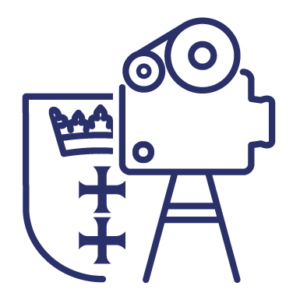
Gdańsk in film:
Gdańsk has always attracted filmmakers. In the scenery of the Old Town and on the seaside beaches, interesting images were created that have forever entered the canon of Polish cinematography.
The history of Gdańsk, which is a unique city on the map of Poland due to its colorful and complicated past, has often become the setting for film stories, however films with Gdańsk in the background are often very intimate, personal images.
During our meetings, we will show you interesting Polish films with Gdańsk in the background – films made in Gdańsk, talking about Gdańsk or being the work of Gdańsk artists. Films set in the Tri-City, concerning the culture and architecture of Gdańsk, but at the same time touching on universal topics such as multiculturalism, freedom, emigration, and the condition of modern man.
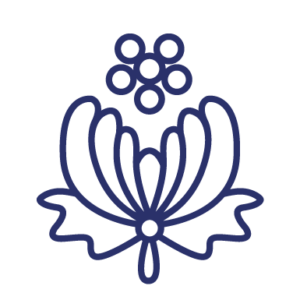
Kashubian culture and nature:
We will tell you about the culture of our region, little known in the world!
Kashubia is an extraordinary region with a rich history. These are unique traditions that, although they were born a long time ago, are still present in the life of the local community.
During the classes we will talk about the Kashubian language, Kashubian cuisine and the art of our region.
During the classes you will learn the secrets of dance and meditaion, we will take you on a trip to Kashubia so that you can admire the beautiful nature of the Tri-City and its surroundings and learn about the unique traditions and history of the place where we live.
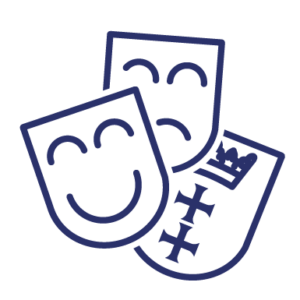
Literature and art:
You will learn literature and art related to Gdańsk.
You will have the opportunity to read literary texts and look at works of art from the perspective of questions bothering us in today’s everyday life. Immerse yourself with us in literature and art from a glocal perspective. Let’s consider together whether literature and art respond to global challenges, and how they address the issues of building resilience and well-being.
During the classes, you will be able to go on a literary walk around the districts of Gdańsk, we will look for traces of literary heroes. We will visit the Emigration Museum in Gdynia and learn about the long, exciting and often terribly difficult journeys of Poles to other countries – in search of political asylum or a better life. We will go to the European Solidarity Center to learn about the history and achievements of this unique social movement. We will learn about contemporary art created in the Tri-City.
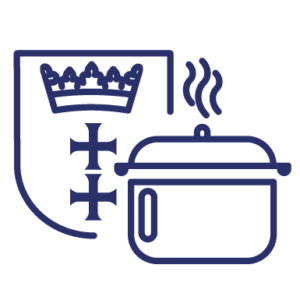
Culinary culture of Pomerania:
In the culinary part of the course, we will delve into the history and traditions related to the cuisine of Pomerania. In our story, we’ll enter a world of extremes, where the extravagance of Gdansk feasts, during which drinks with real gold flakes were poured, mixes with simple Kashubian meals, where herring plays one of the main roles. We’ll be feasting in Teutonic castles and bourgeois salons, together with the Gdansk’s troubelmakers called bowke we will go to the taverns filled with laughter, and with the fishmongers from the Fish Market, we’ll be eating mustard soup.
We will learn, among others:
- what ritual accompanied the drinking of the favorite beverage of the Gdańsk troublemakers known as bowke, and what was the punishment for breaking it;
- what dishes and medicinal broths were served to the sick;
- what plates were used by wealthy burghers in the 18th century;
- which famous astronomer was involved in brewing beer in Gdańsk;
- what is still eaten during visits to grandmothers in Kashubia;
- what deer antlers were used for in the kitchen;
- who came up with the famous beverage with real gold flakes.
Schedules
Online classes (7.04 – 11.04 April)
| When? | What time? | Who? | What? |
|---|---|---|---|
| 7.04 | 17.00-18.30 | Martyna Wielewska-Baka | The Poetry for well-being: buddhist inspirations in the poetry of Czesław Miłosz |
| 8.04 | 17.00-18.30 | Rick Dolphijn | The Water and Us: a Geophilosophy |
| 9.04 | 17.00-18.30 | Katarzyna Pastuszak | “Braiding Time, Memory and Water” – Thinking and Moving with Bodies of Water |
| 10.04 | 17.00-18.30 | Irena Chawrilska | Meditating with plankton? On art and waterscapes |
| 11.04 | 14.00-15.30 | Sonia Czaplewska | A short story about the cuisine of Pomerania |
.
Stationary classes in Gdańsk (23.04 – 30.04 April)
| When? | What time? | Who? | What? | Where? |
|---|---|---|---|---|
| 24.04 | 10.00-12.00 | Irena Chawrilska
Rick Dolphijn |
Welcome!
project start |
CZRUG – Wydział Nauk Społecznych UG (Faculty of Social Sciences UG)
ul. Bażyńskiego 4, pok. D208 (Bażyńskiego 4 Str., room. D208) |
| 12.30 | lunch | |||
| 14.00-16.00 | Michał Pruszak | Good Bye, Till Tomorrow
film & coffee |
W Starym Kadrze Cinema Café | |
| 16.00-17.00 | Michał Pruszak | Gdańsk – an Open City
city game |
Gdańsk | |
| 25.04 | 10.00-16.00 | Martyna Wielewska-Baka | Around the Migration Experience | Emigration Museum in Gdynia |
| 28.04 | 10.00-12.00 | Students’ collaborative work | UG Welcome Centre | |
| 12.00-14.00 | Irena Chawrilska
Rick Dolphijn |
Thinking Swamplife. Mapping monstrosities in the making | UG Welcome Centre | |
| 14.00 | lunch | |||
| 16.00-18.00 | Dawid Weibrodt | Swamp walk
trip |
Otomin | |
| 29.04 | 10.00-12.00 | Students’ collaborative work | UG Welcome Centre | |
| 12.00 | lunch | |||
| 14.00-18.00 | Marta Tymińska | Walk around the Gdańsk Shipyard along the Women’s Trails
sightseeing |
Gdańsk Shipyard | |
| ECS and more-than-human entanglements | European Solidarity Centre | |||
| 30.04 | 10.00 | all tutors | Conviviality. Traditional Polish Cuisine | UG Welcome Centre |
| Goodbye!
project completion |
UG Welcome Centre | |||
| 14.00 | lunch | UG Welcome Centre |
Our team
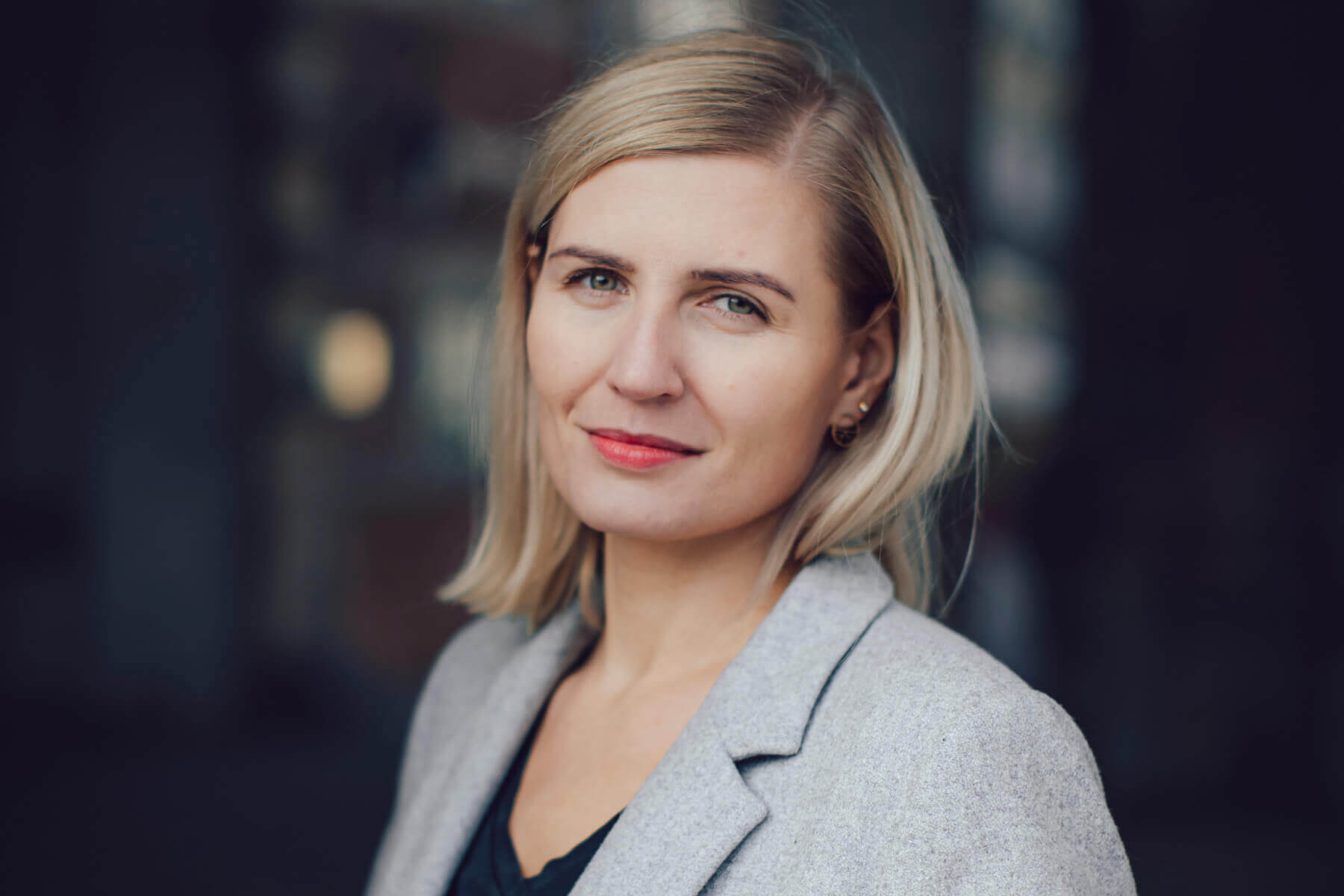
Dr Irena Chawrilska
Director of the Academic Center for Polish Language and Culture at the University of Gdansk, coordinator of the More-than-Human Studies Lab at the UG Center for Sustainable Development; Assistant Professor in the Department of Applied Polish Studies at the Institute of Polish Philology; PI in the international research project „CONVIVIUM: New European Bauhaus Solutions In Food, Living Heritage, And Convivality” (Horizon Europe 2024–2027), visiting scholar at Utrecht University (2023), Paris 1 Panthéon-Sorbonne University (2025), visiting professor at the University of Toronto (2023–2024); author of books: Hybrids and hybridity: from the borderland of literature and visual arts (2020), Polish for sustainability? Polish culture and global challenges (2022), LOST in Gdansk! Polish culture in the age of uncertainty (2023). In years 2021-2024 coordinator of the Culture fof Sustainable Development Programme at the Centre for Sustainable Development at UG.
Her research interests focus on:
environmental humanities, philosophy of the land, in particular wetlands and swamplife, literature and art in teaching Polish as a foreign language, migration experience in the process of education, the phenomenon of hybridity in culture, experimental literature, and the reception of Bruno Schulz’s works in the world
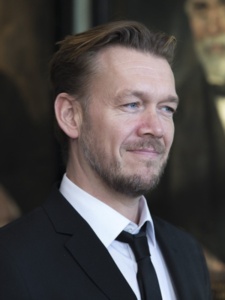
Dr Rick Dolphijn
A writer, educator, and curator, serving as an associate professor at Media and Culture Studies, Humanities, Utrecht University. He published widely on continental philosophy (Gilles Deleuze and Michel Serres) and the contemporary arts. He studies posthumanism, new materialism, material culture (food studies), and ecology. He coordinates the Humanities Honours Program, is involved in interfaculty cooperation concerning Community Based Research, Open Cities, and COVID-19. Since 2015 he runs an undergraduate exchange with the University of Hong Kong (themed “The More-Than-Human City”), a graduate exchange (themed “The Lives of the Delta”) commenced in 2021. Rick Dolphijn is an Honorary Professor at the University of Hong Kong (2017-2026) and a Visiting Professor at the University of Barcelona (2019/2020). In 2024 he is Vice Chacellors Visiting Professor at the University of Gdansk. His books include Foodscapes (Eburon/University of Chicago Press 2004), New Materialism: Interviews and Cartographies (Open Humanities Press 2012, with Iris van der Tuin). His academic work has appeared in journals like Continental Philosophy Review, Angelaki, Rhizomes, Collapse, and Deleuze Studies. Together with Rosi Braidotti he edited three books: This Deleuzian Century: Art, Activism, Life (Brill/Rodopi 2014/5), Philosophy after Nature (2017), and Deleuze and Guattari and Fascism (2022). He was the sole editor of Michel Serres and the Crises of the Contemporary (Bloomsbury Academic 2019/20). His monography, The Philosophy of Matter: a Meditation appeared with Bloomsbury Academic in 2021, and was published as a trade book in Dutch (Filosofie van de Materie, Noordboek) in 2022. He is a PI in three international research projects: Food2Gather (HERA funded 2019-2022), IMAGINE (Norwegian Research Council 2021-2024), CONVIVIUM (EU HORIZON 2024-2027). In collaboration with the University of Gdansk, he is setting up a More-Than-Human Studies Lab at Utrecht University.
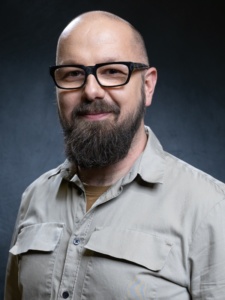
Dr Dawid Weisbrodt
Graduate of Physical Geography, PhD in ecology. Assistant professor at the Department of Quaternary Geomorphology of University of Gdańsk, academic tutor, geography teacher, environmental educator. Performer of the State Environmental Monitoring.
His research interests focus on:
Human impact on ecosystems, reconstruction of environmental changes, the use of innovative didactic methods in environmental education.
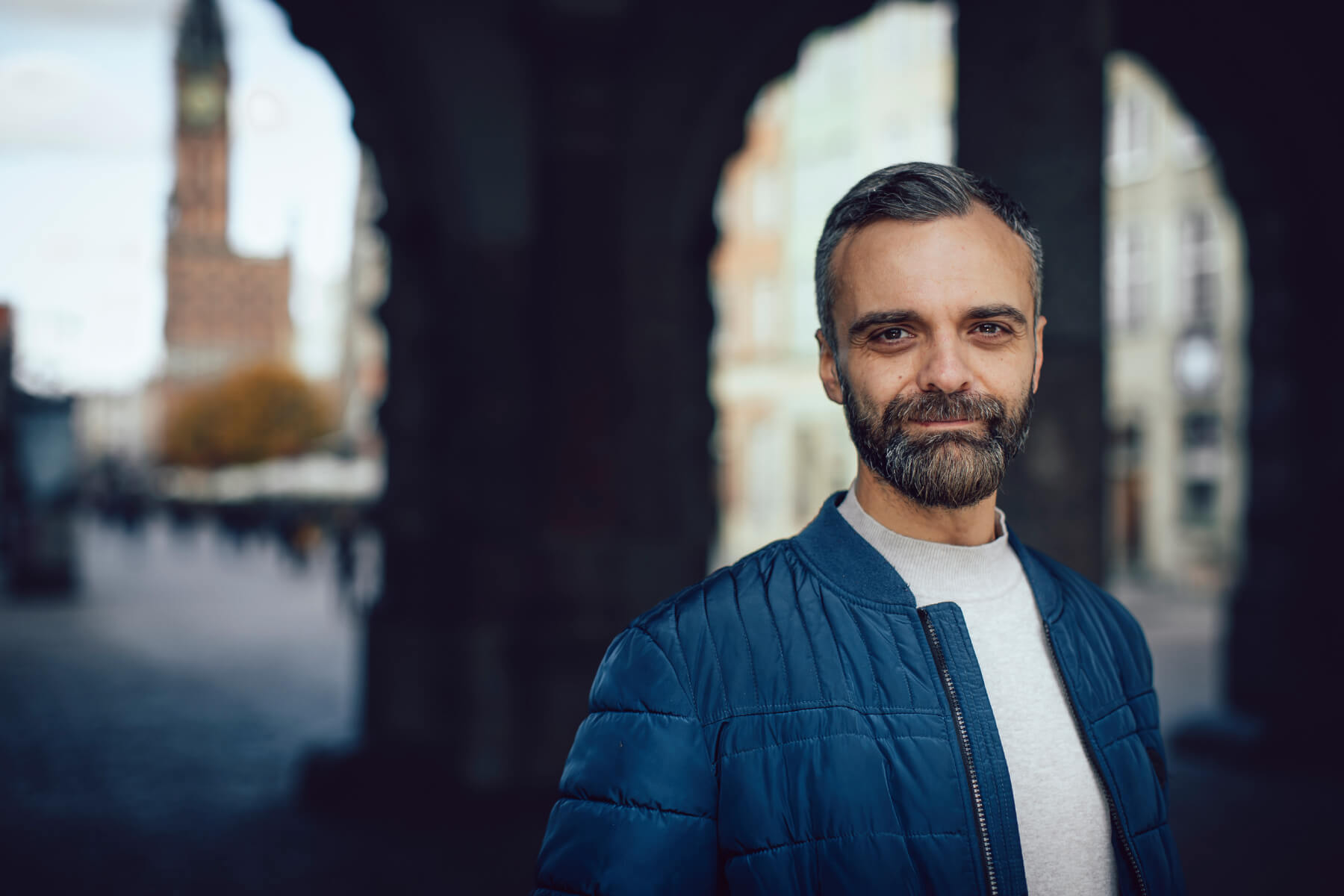
Dr Michał Pruszak
Doctor of Humanities in the field of literary studies. Graduate of Polish Philology. Film expert. Specialist at the Academic Centre of Polish Language and Culture for Foreigners at the University of Gdańsk. Co-author of the books: Polish for Sustainability? Polish Culture and Global Challenges (2022), LOST in Gdańsk! Polish Culture in the Age of Uncertainty (2023). Member of the Team of Experts at the State Commission for the Certification of Proficiency in Polish as a Foreign Language. Member of the Polish Shakespeare Society.
Research interests:
glottodidactics of Polish studies, borderlands and correspondences of cultures in the education process, film as a teaching tool, intersemiotic transpositions in literature, reception of William Shakespeare’s works.
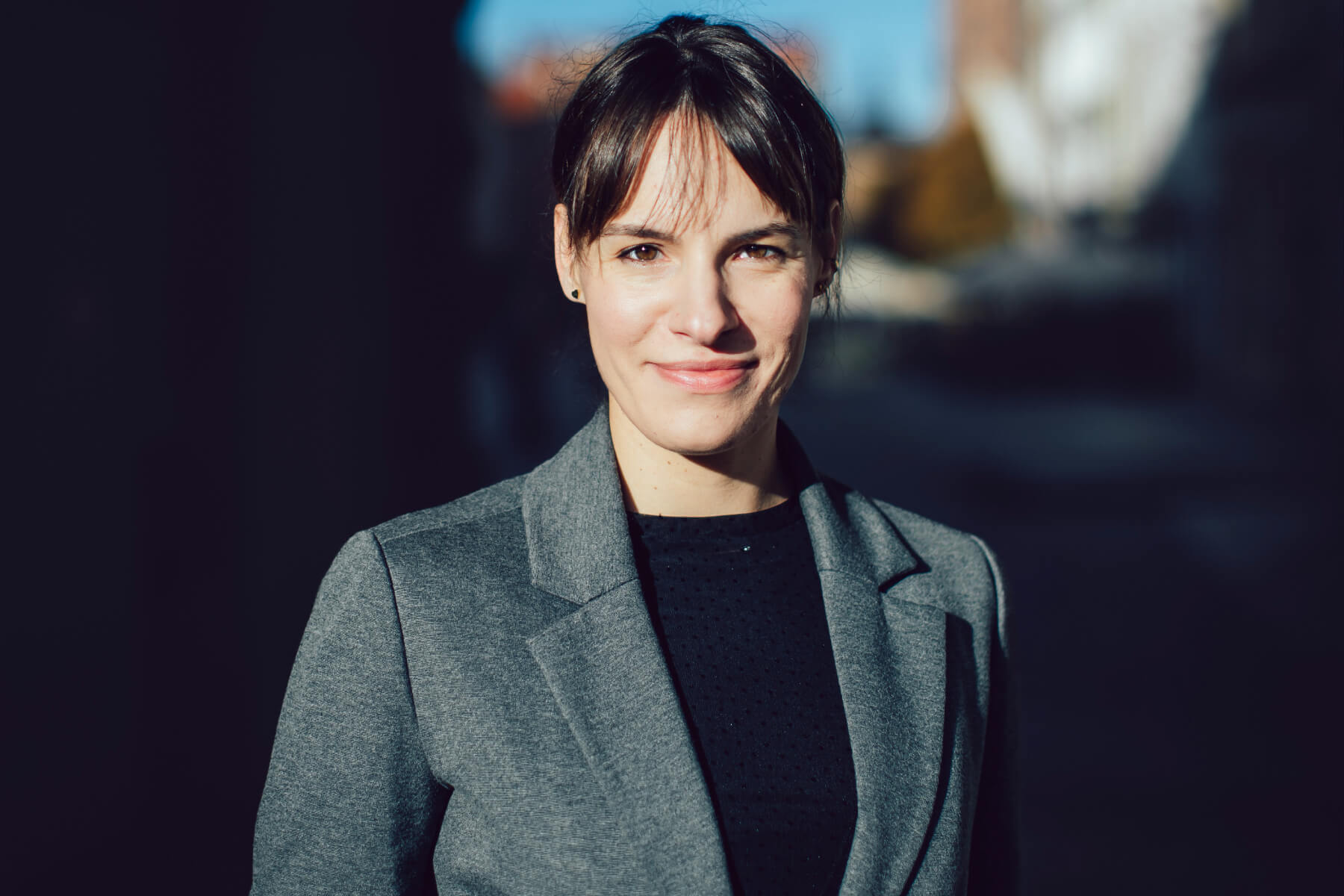
Dr Martyna Wielewska-Baka
Philologist, didactic enthusiast, academic tutor, Gdańsk native and now resident of Gdynia. She introduces Polish and Erasmus students to Polish literature and culture in the Cultural Communication major. Author of a monograph devoted to the relationship between humanities and the sciences. Her academic interests also revolve around the social, political and cultural aspects of the Israeli-Palestinian conflict.
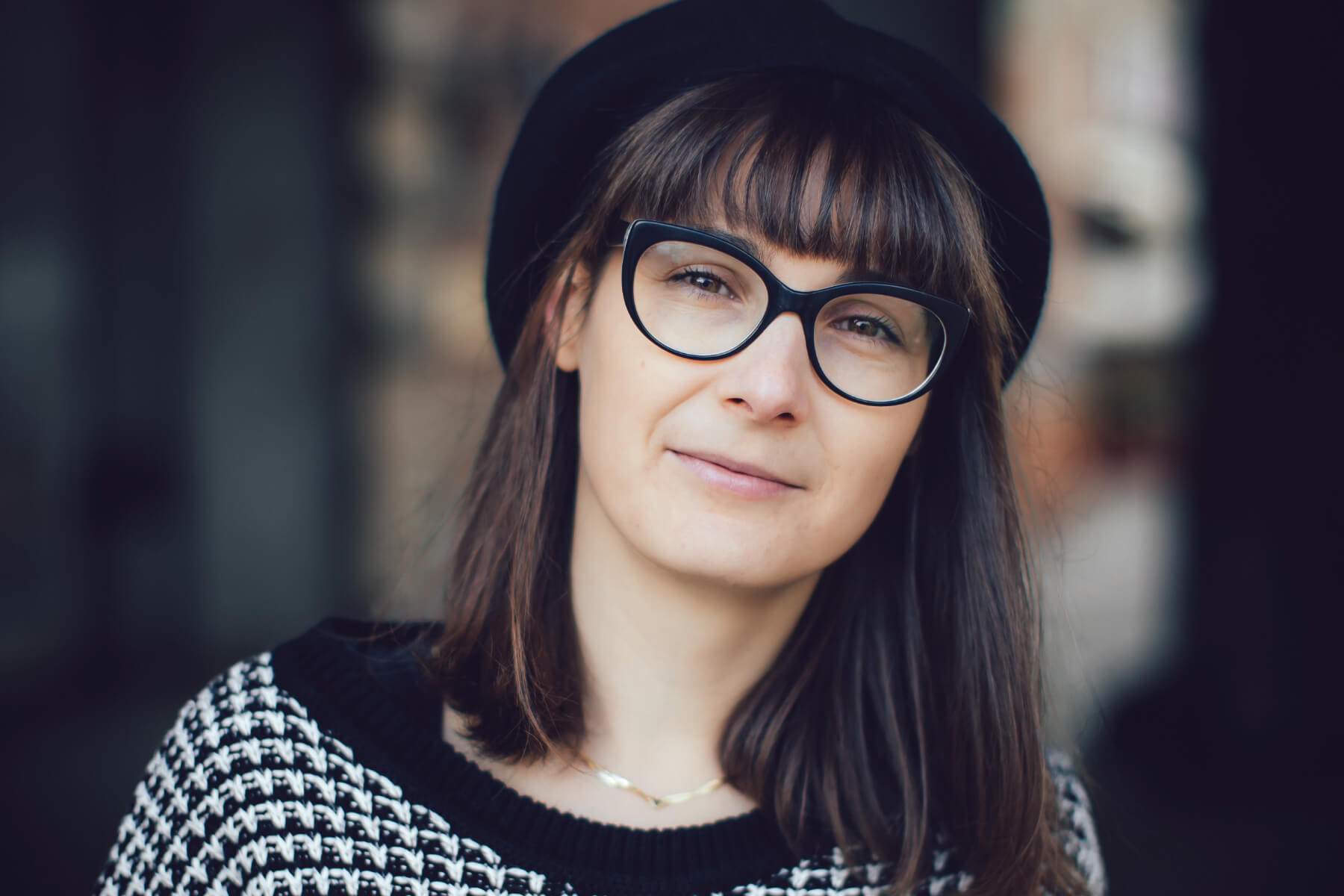
Dr Sonia Czaplewska
Gdansk resident for generations, enthusiast of everything culinary. By education, a philologist, Japanologist, teacher of Polish as a foreigner, and dietitian. She is a Japanese government scholarship holder, who teaches at the Jagiellonian University and cooperates with the University of Gdańsk and Tokyo University of Foreign Studies. As part of her postgraduate course in Food Studies, she devoted one of her diploma theses to the culinary culture of Gdańsk, developing a culinary and historical mini-guide.
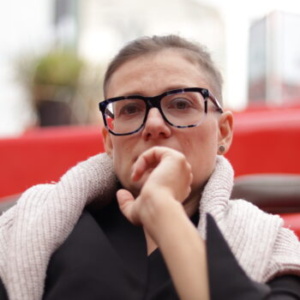
Dr Katarzyna Pastuszak
Choreographer, and artistic director of Amareya Theatre & Guests, adjunct and lecturer at the Department of Performing Arts (IAiA – University of Gdańsk), member of Between.Pomiędzy Research Group (UG). Author and translator of articles on dance and theatre and author of the book Hijikata Tatsumi’s Ankoku butō – the theatre of body-in-crisis (Cracow: Universitas, 2014). Holder of numerous artistic scholarships granted by the City of Gdańsk, the Marshall of the Pomeranian Voivodeship, and Polish Minister of Culture and National Heritage. Her performances have been presented, among others, in Japan, Greenland, Nor- way, Turkey, Israel, Germany, France, Russia and at numerous festivals in Poland. Active member of CEMiPoS (Sapporo), IFTR, PSi, EASTAP.
